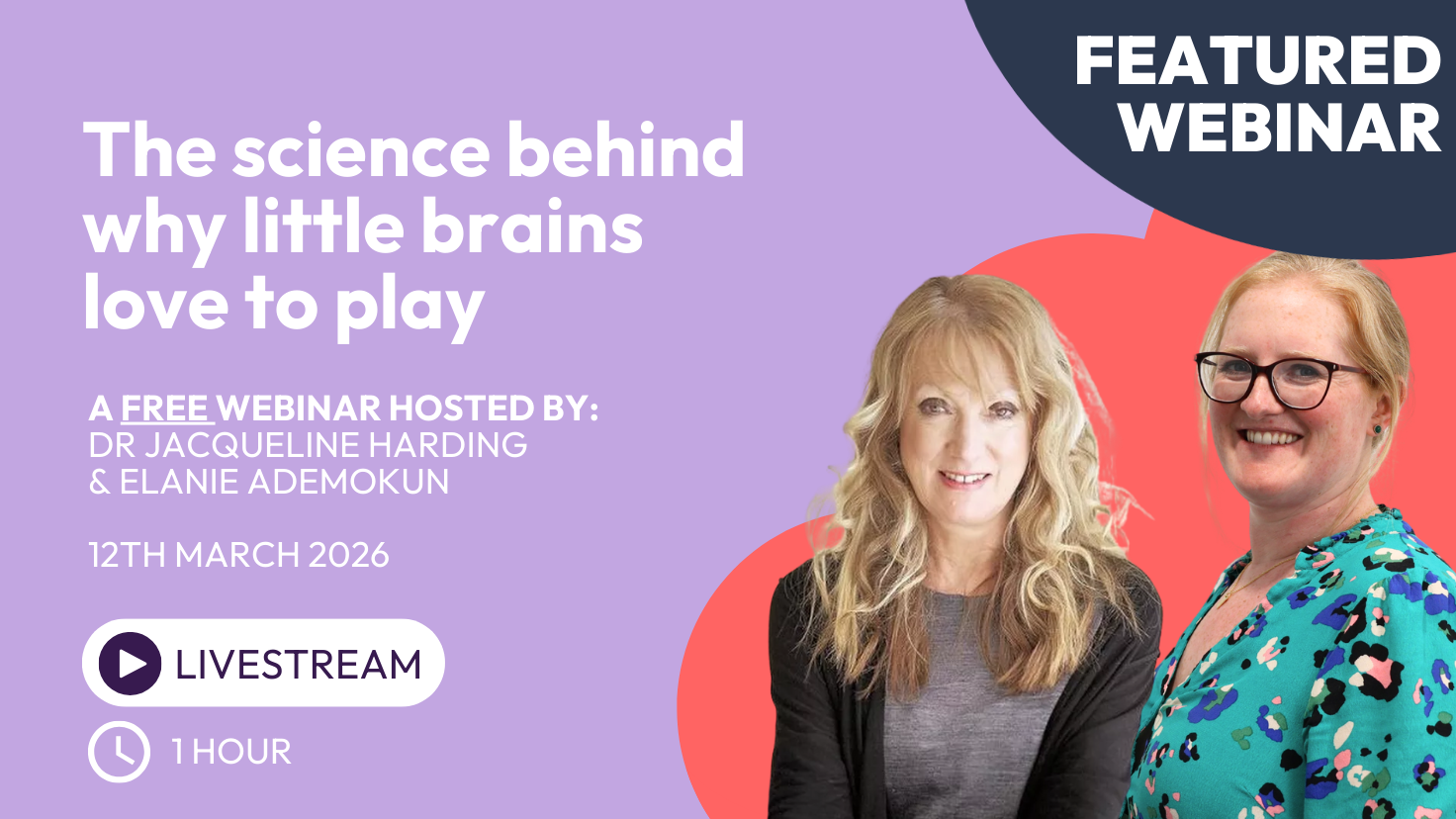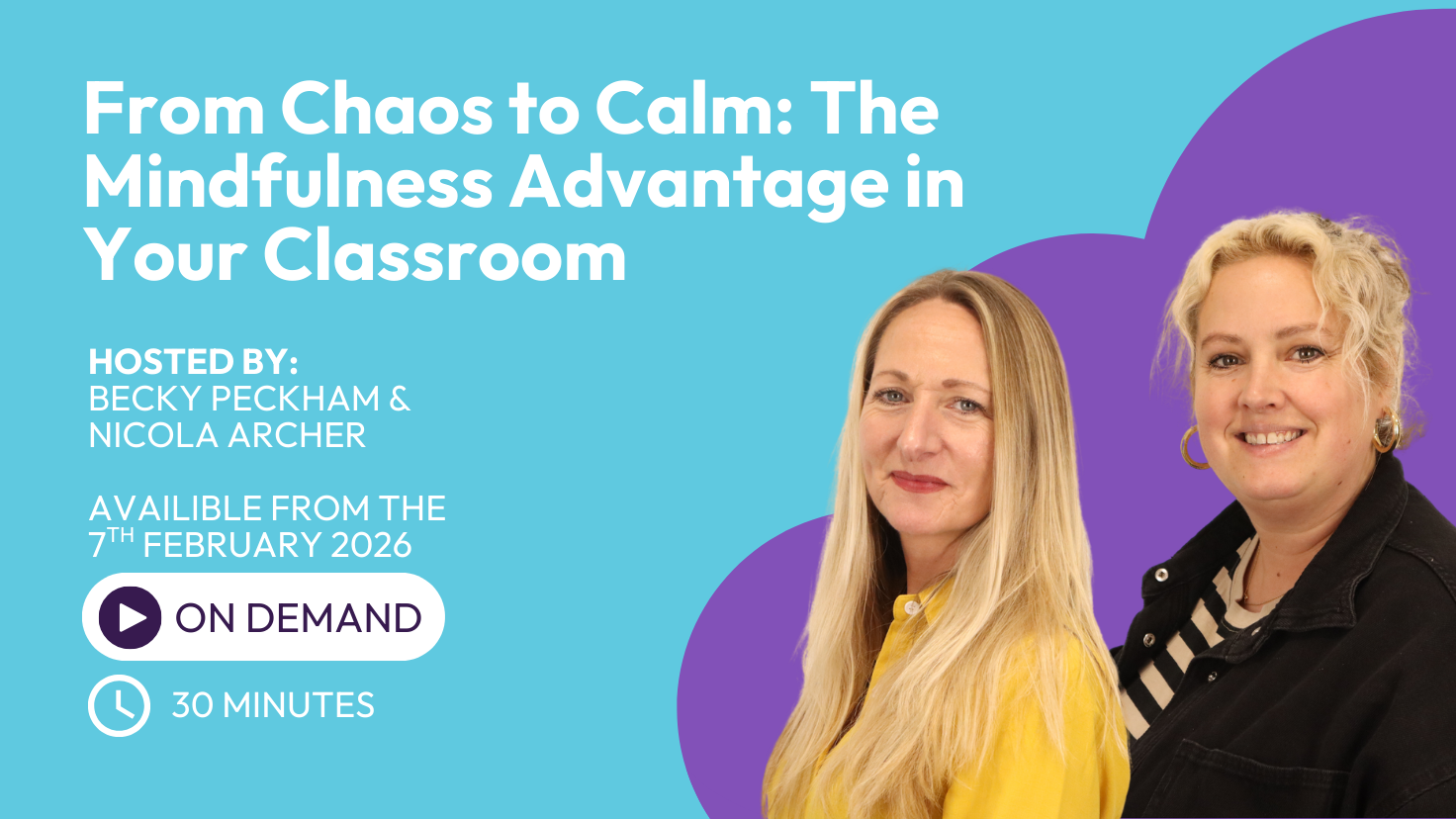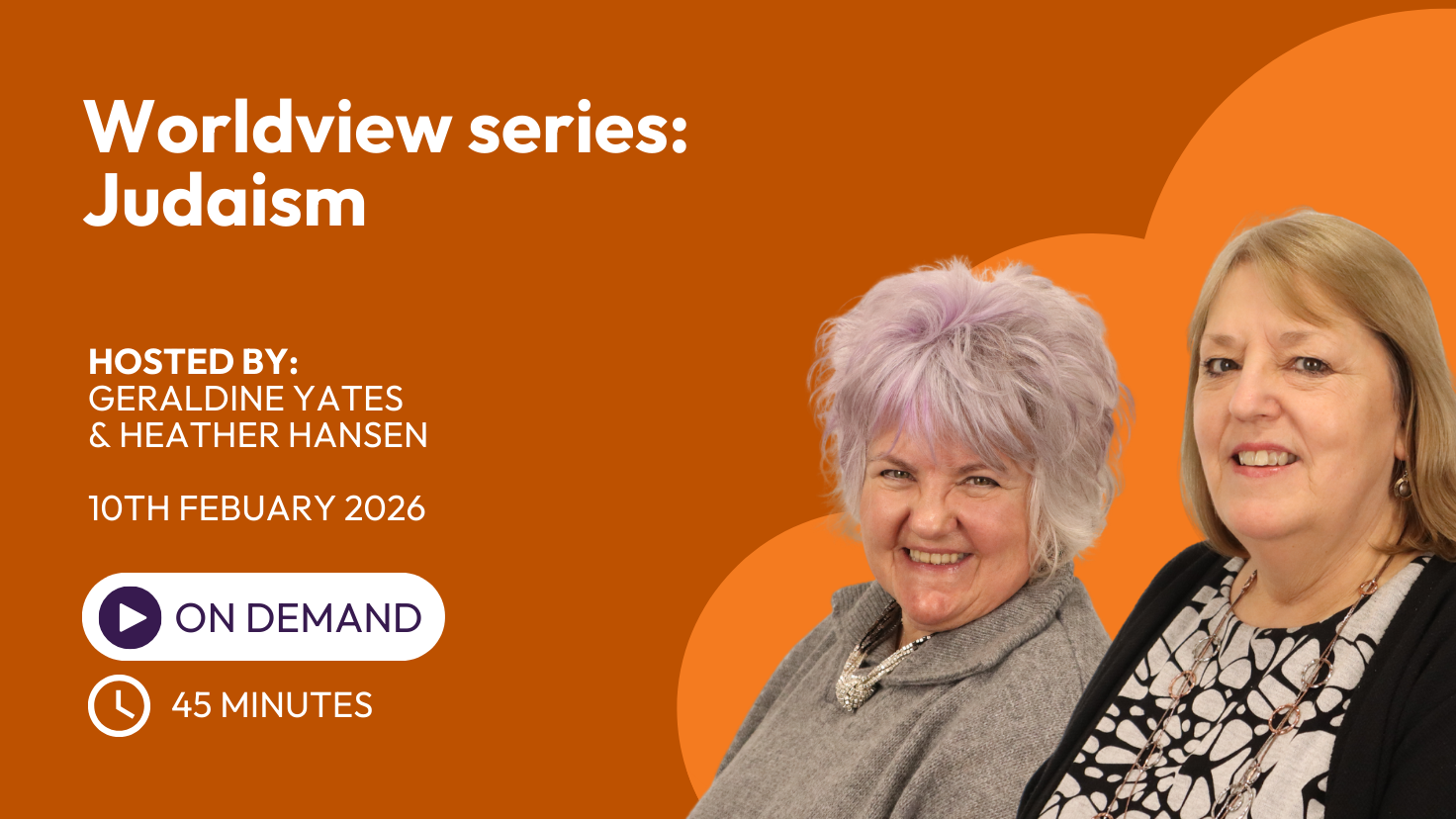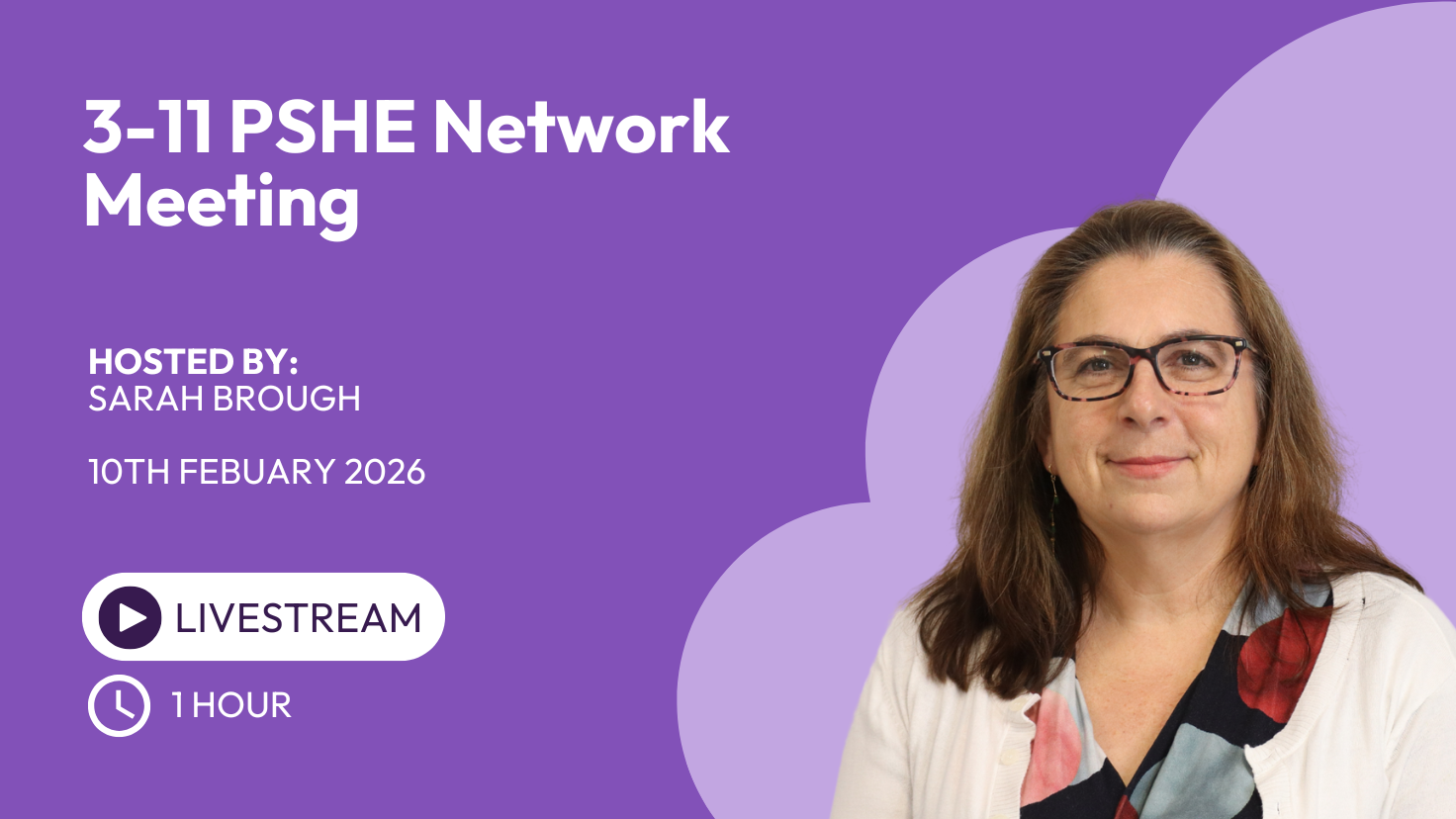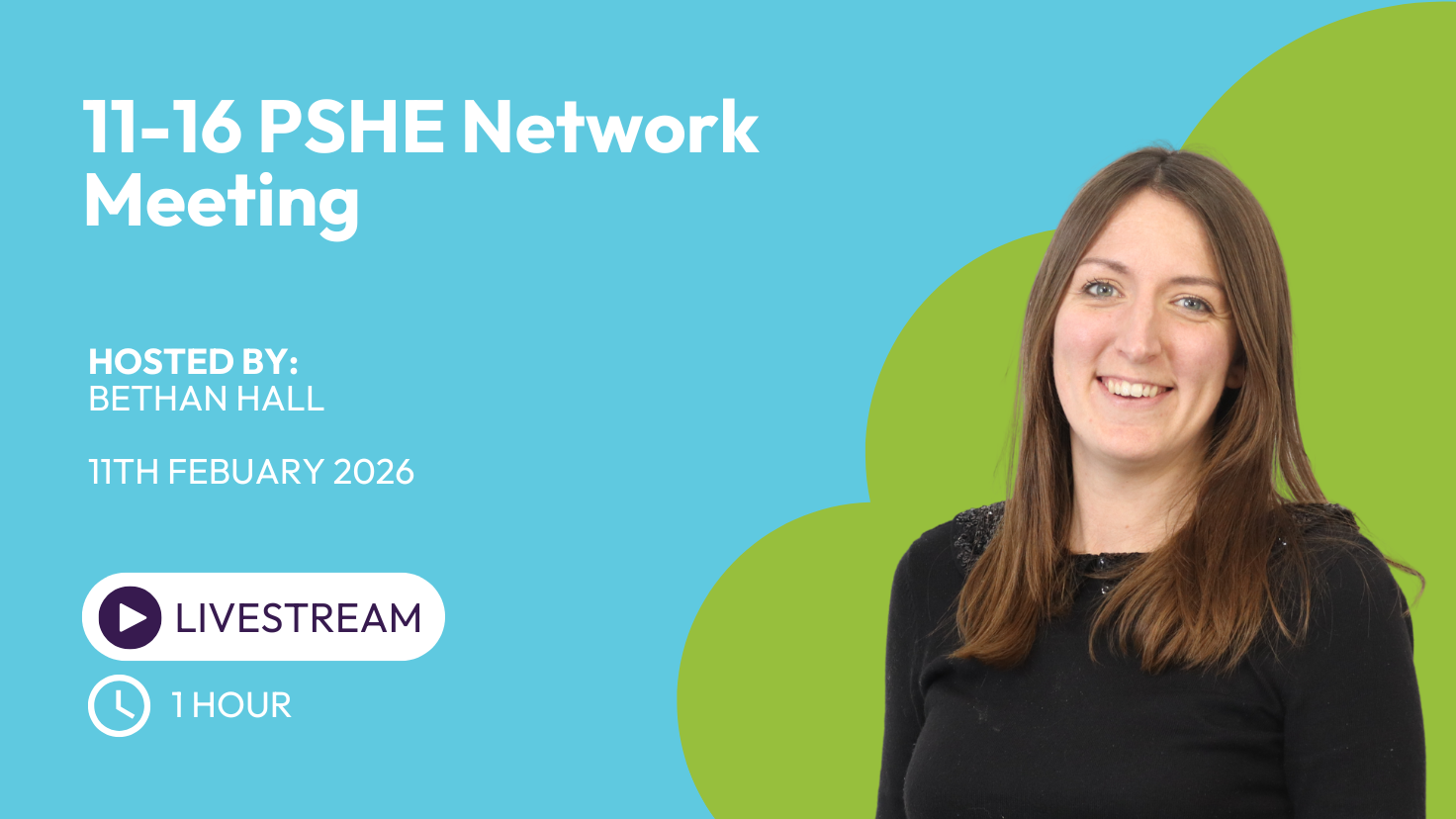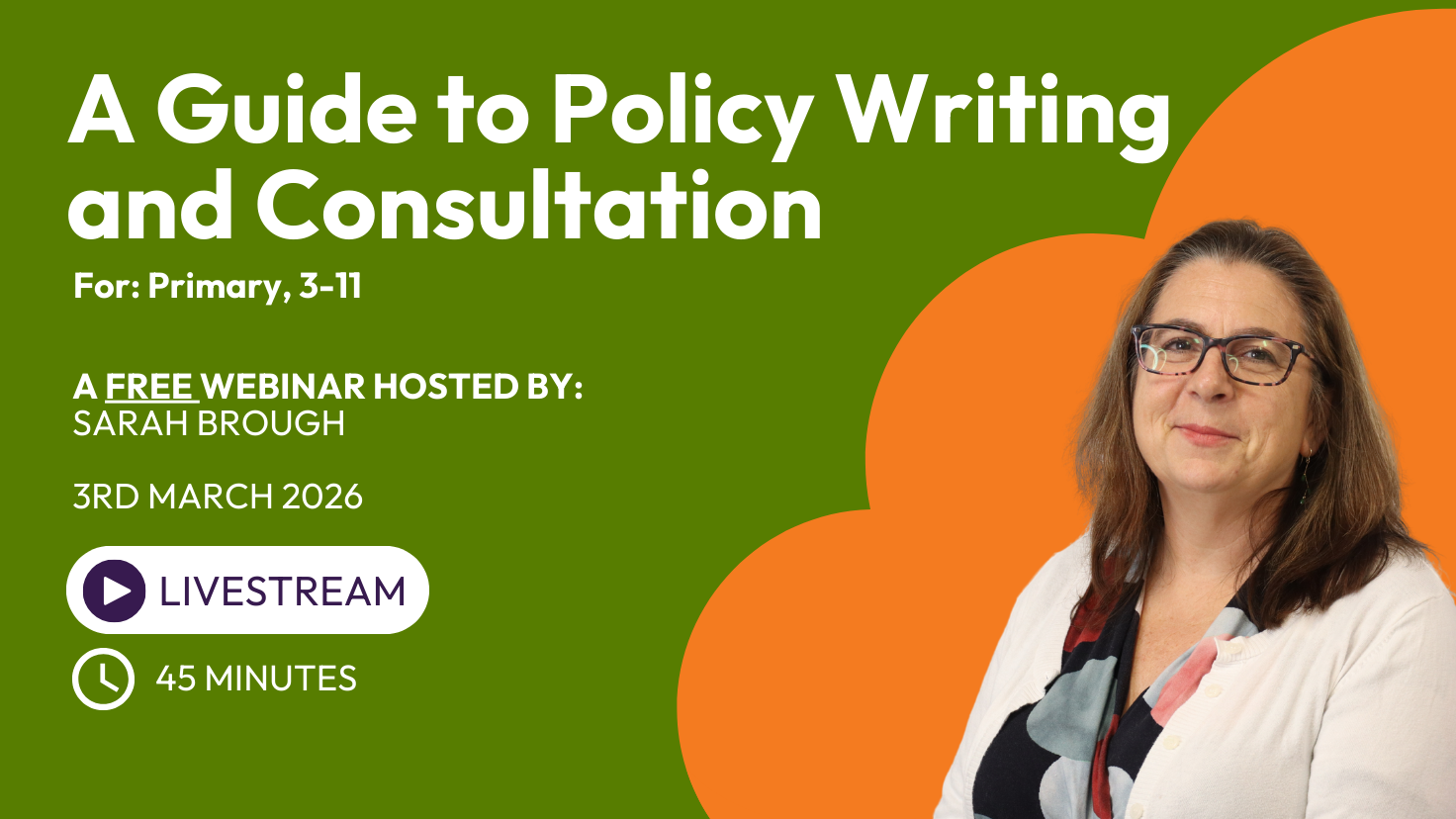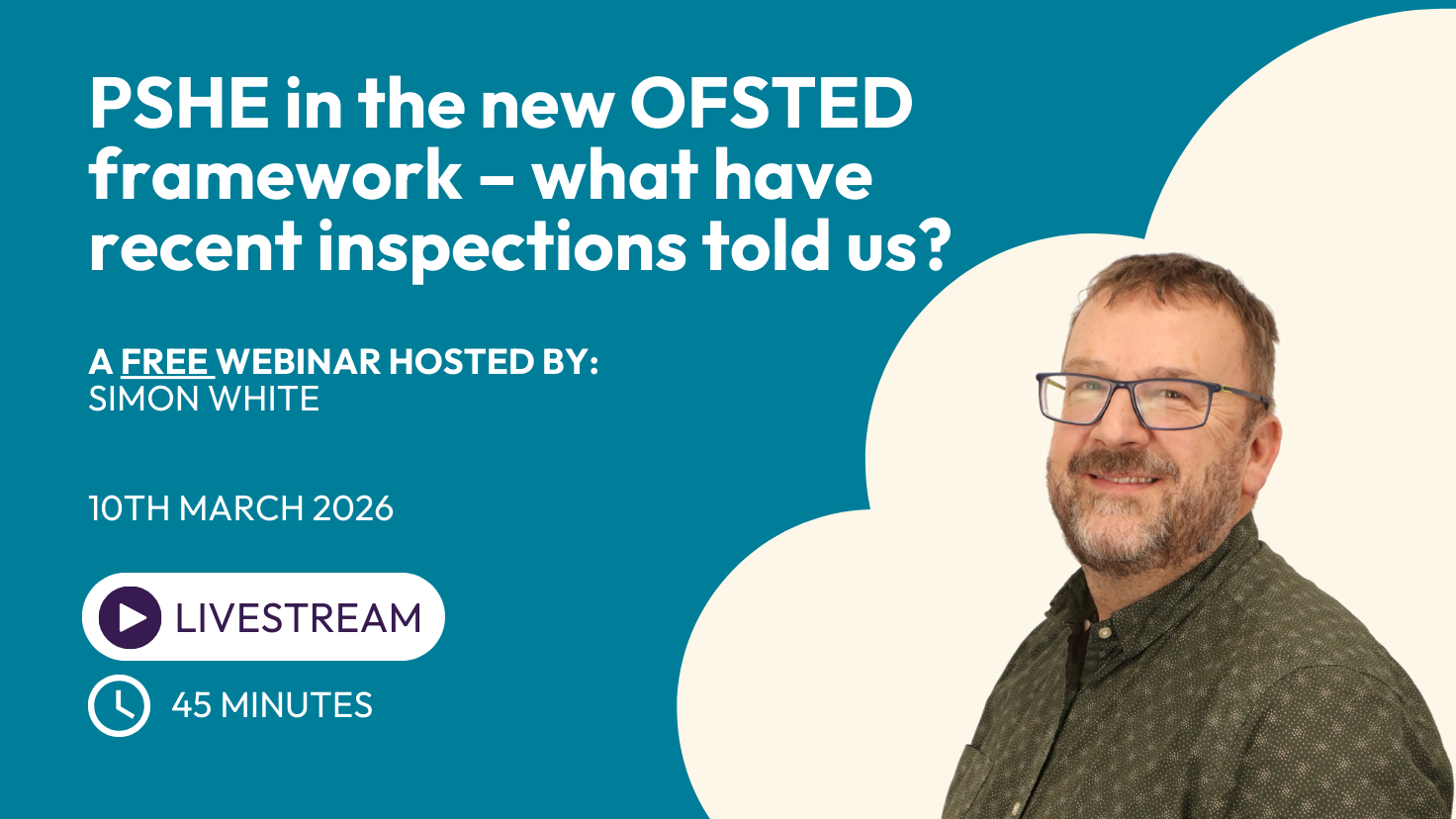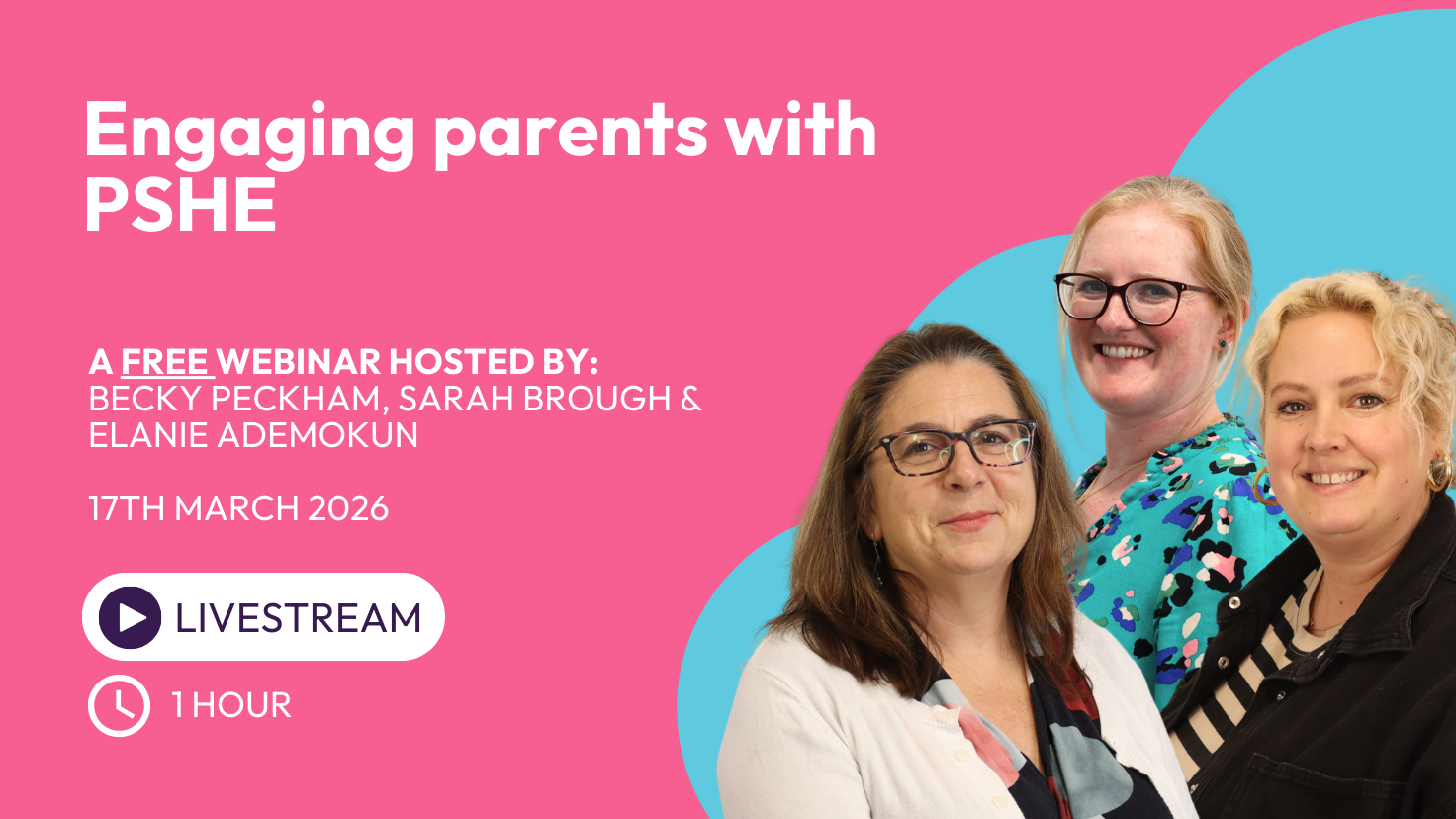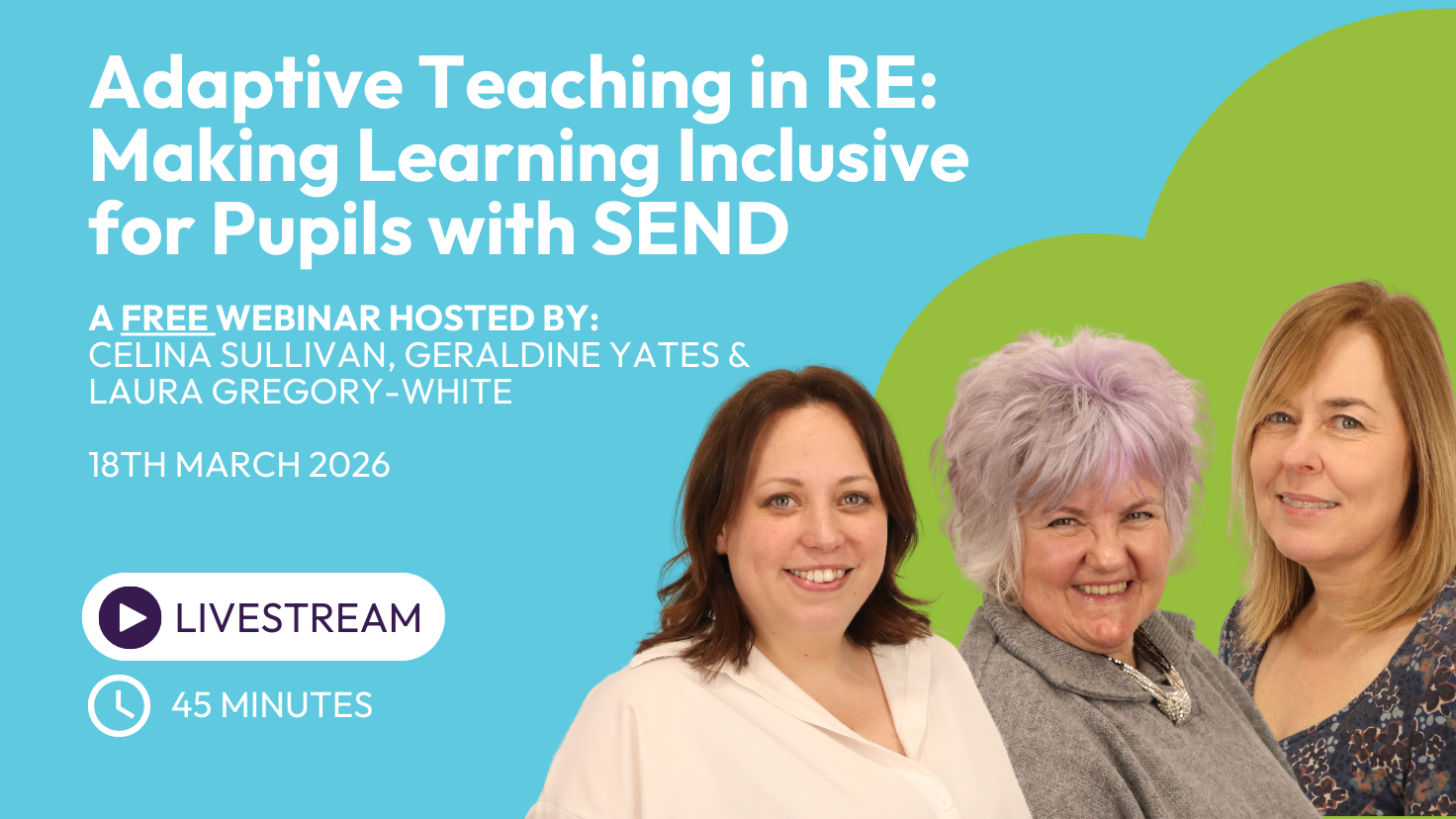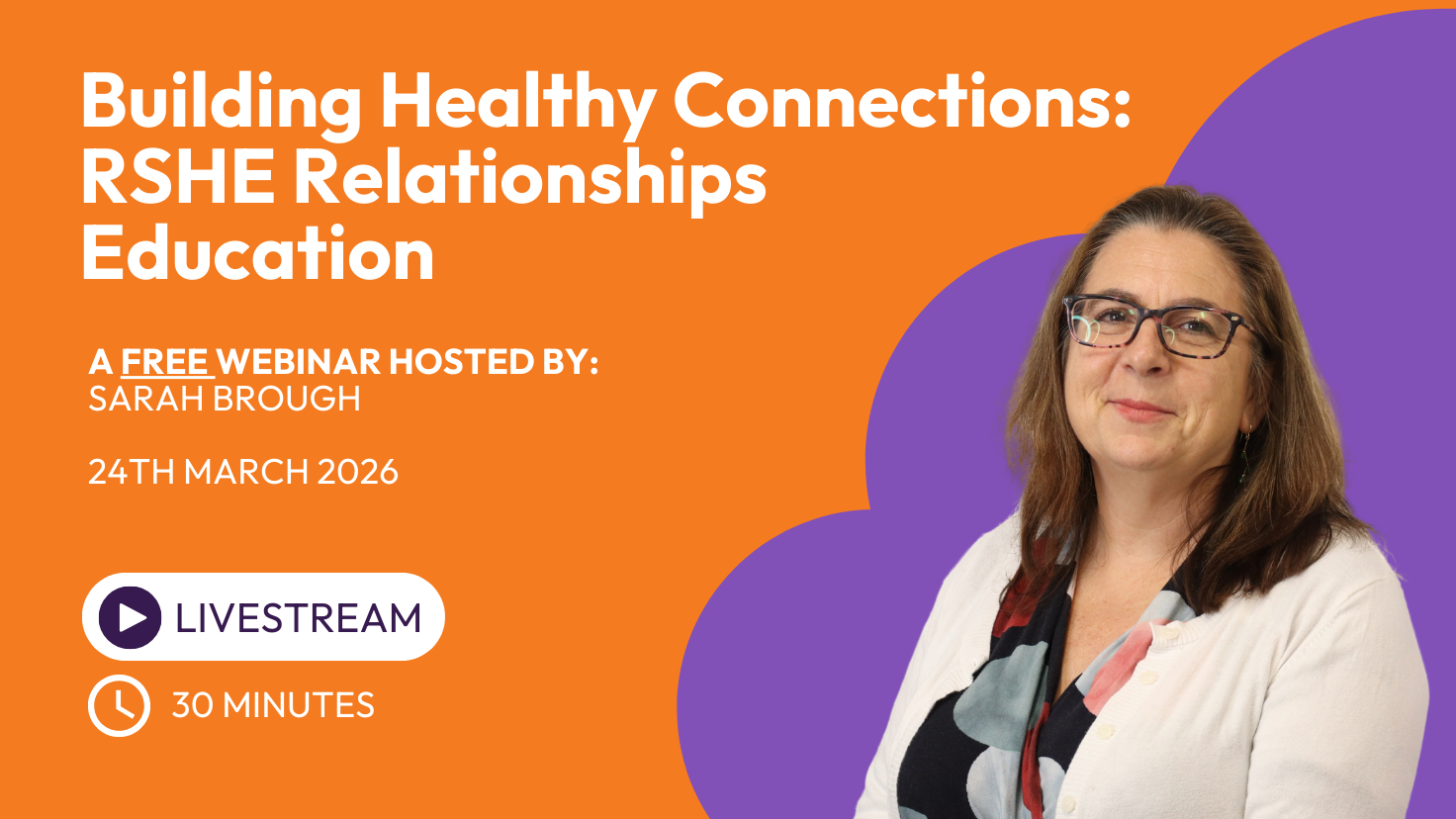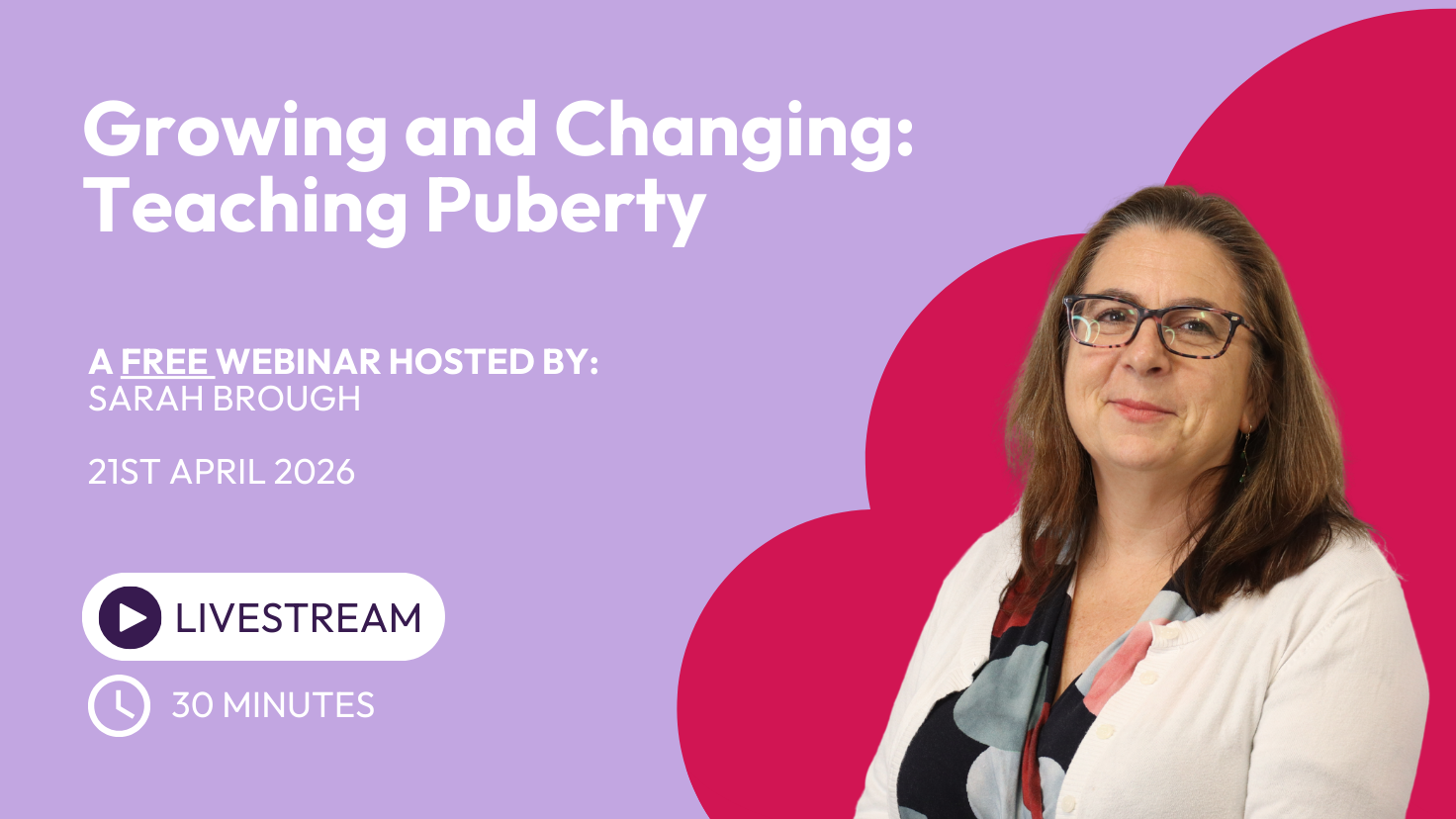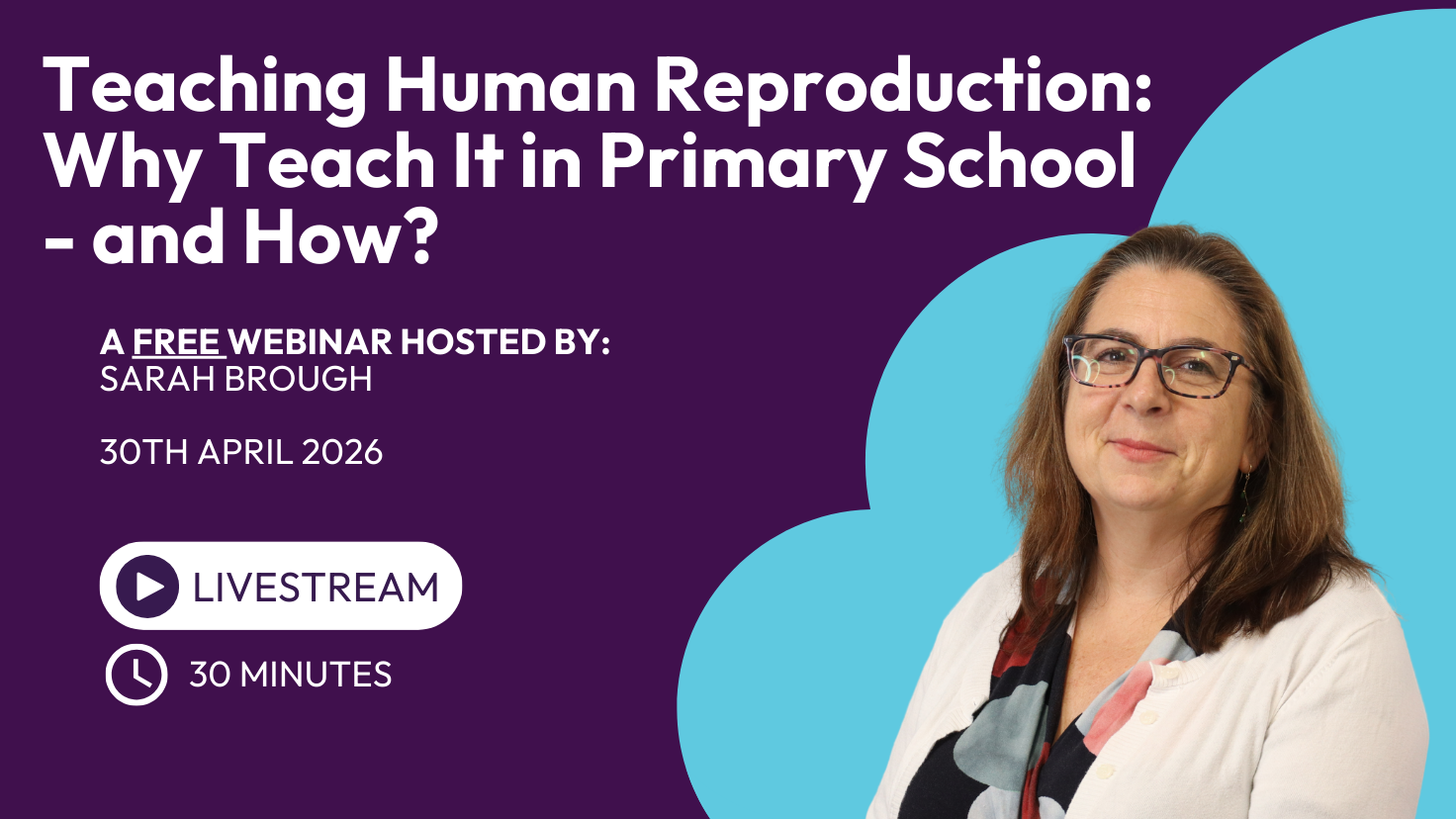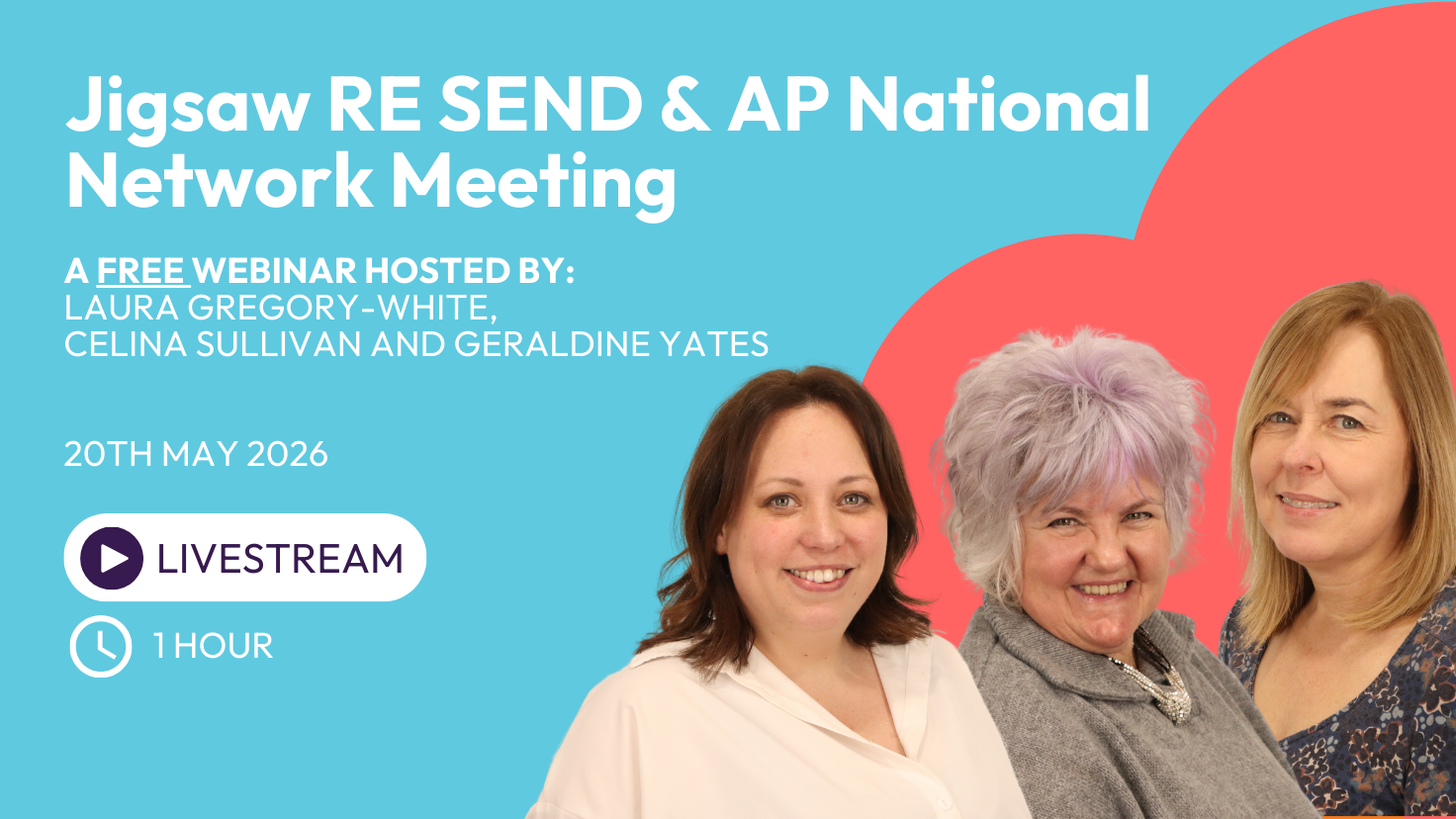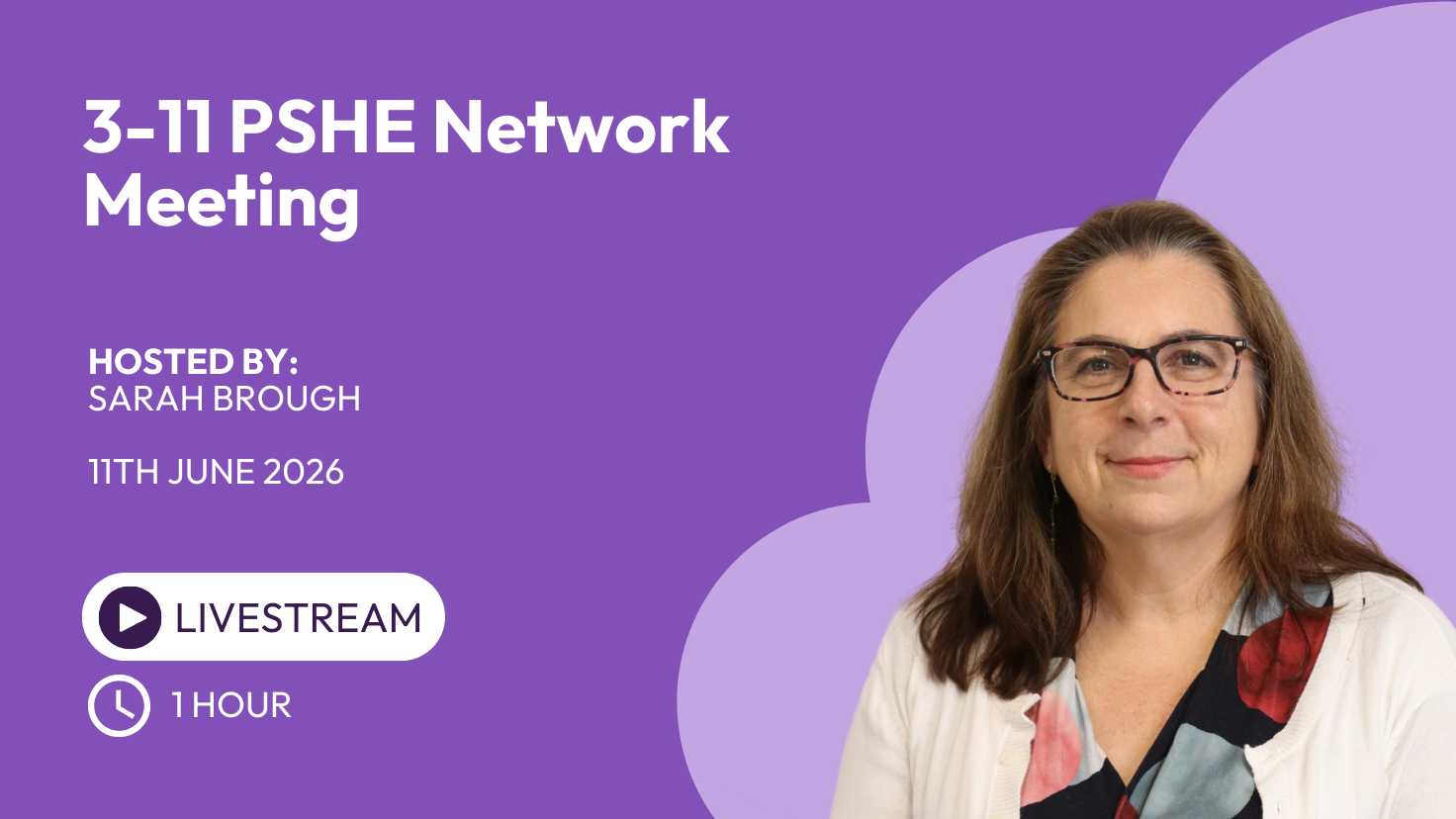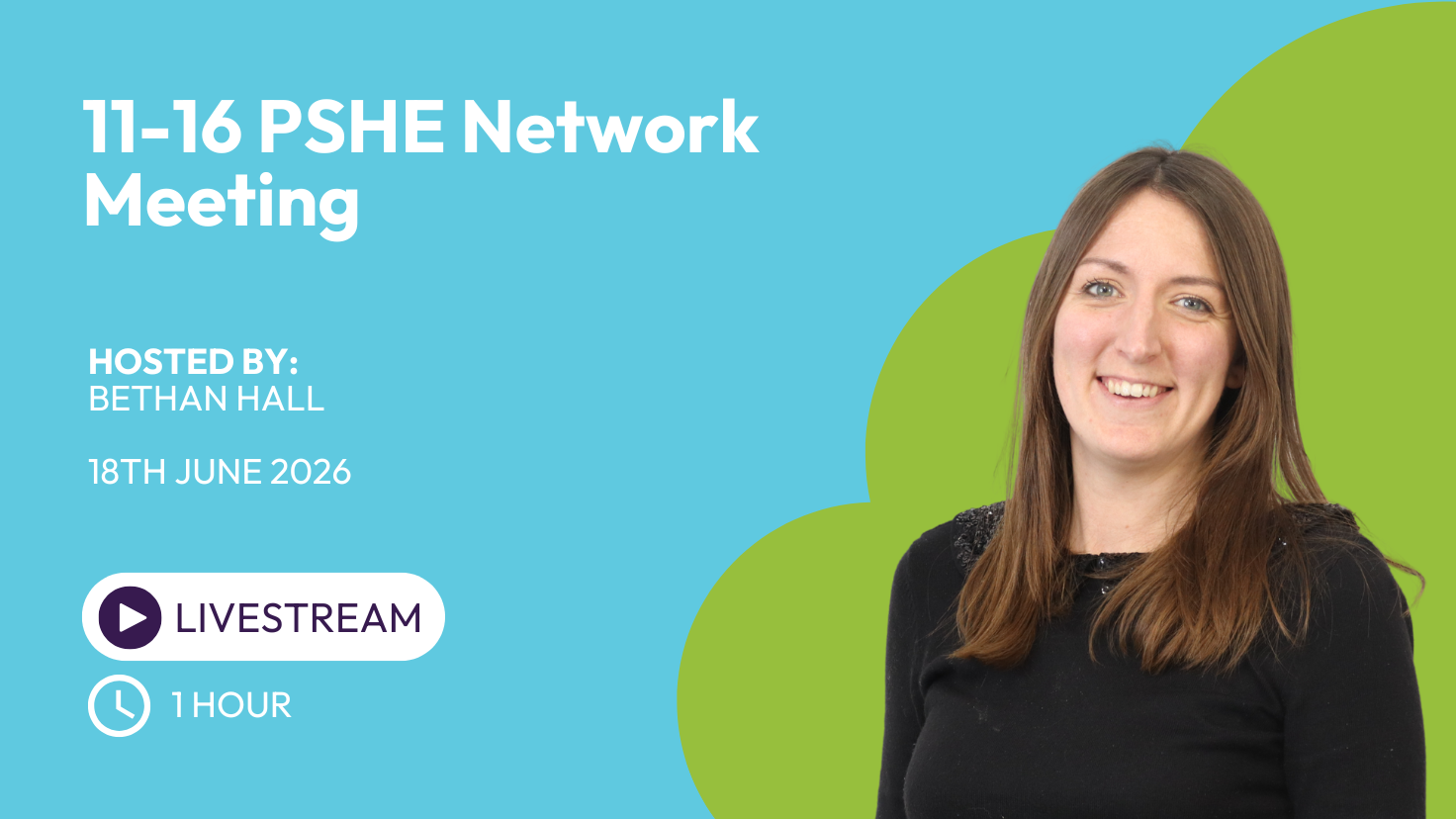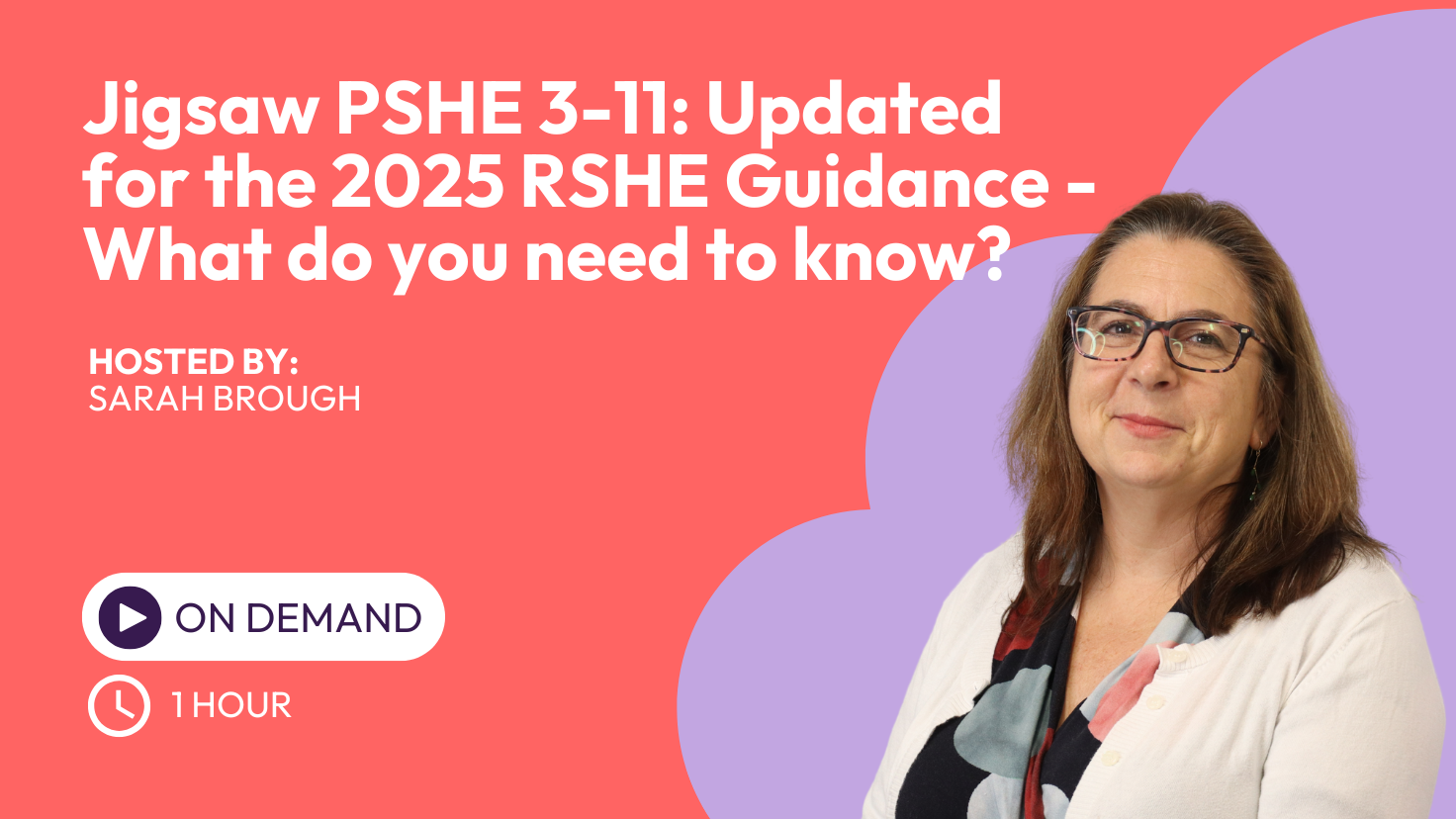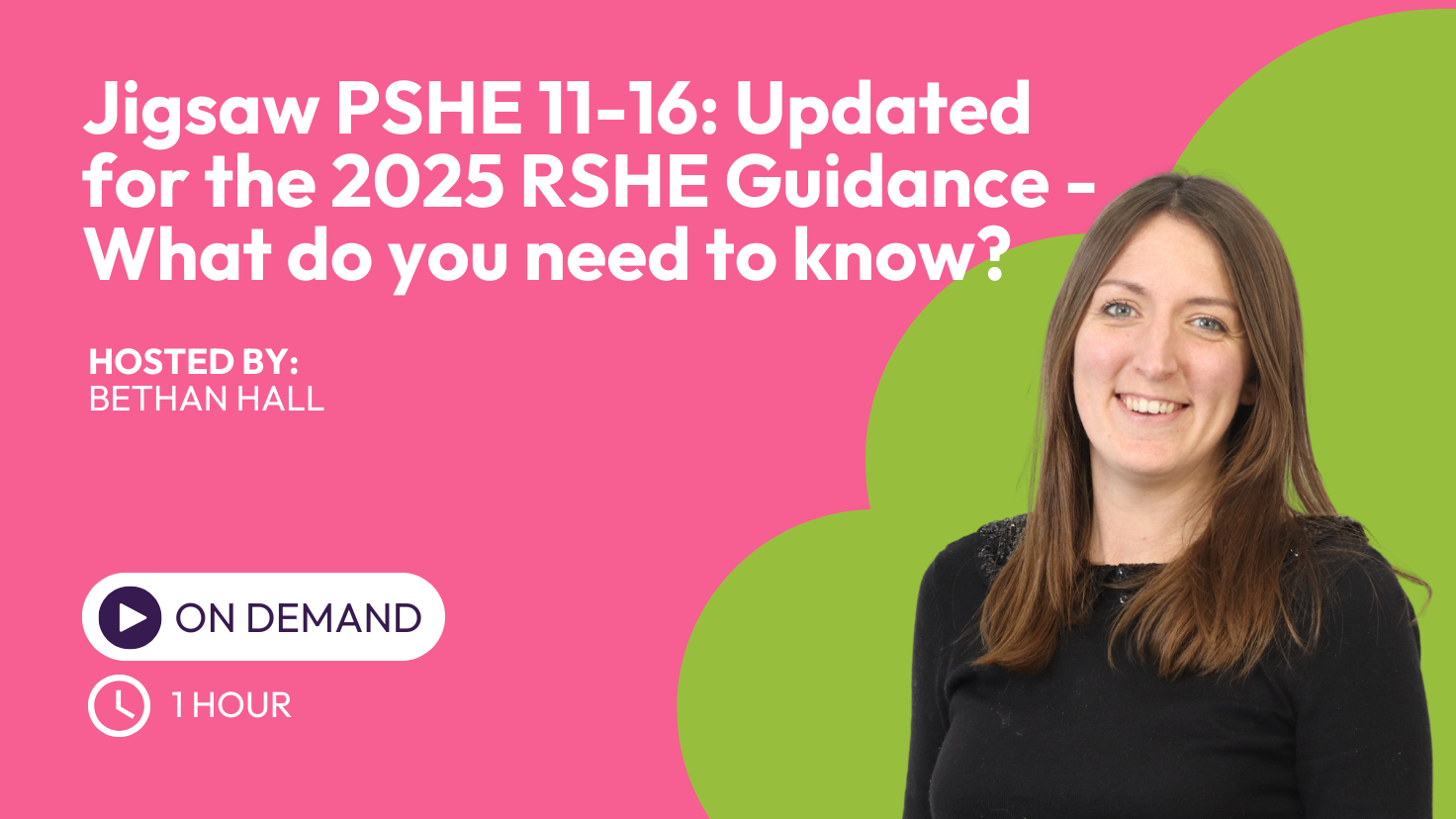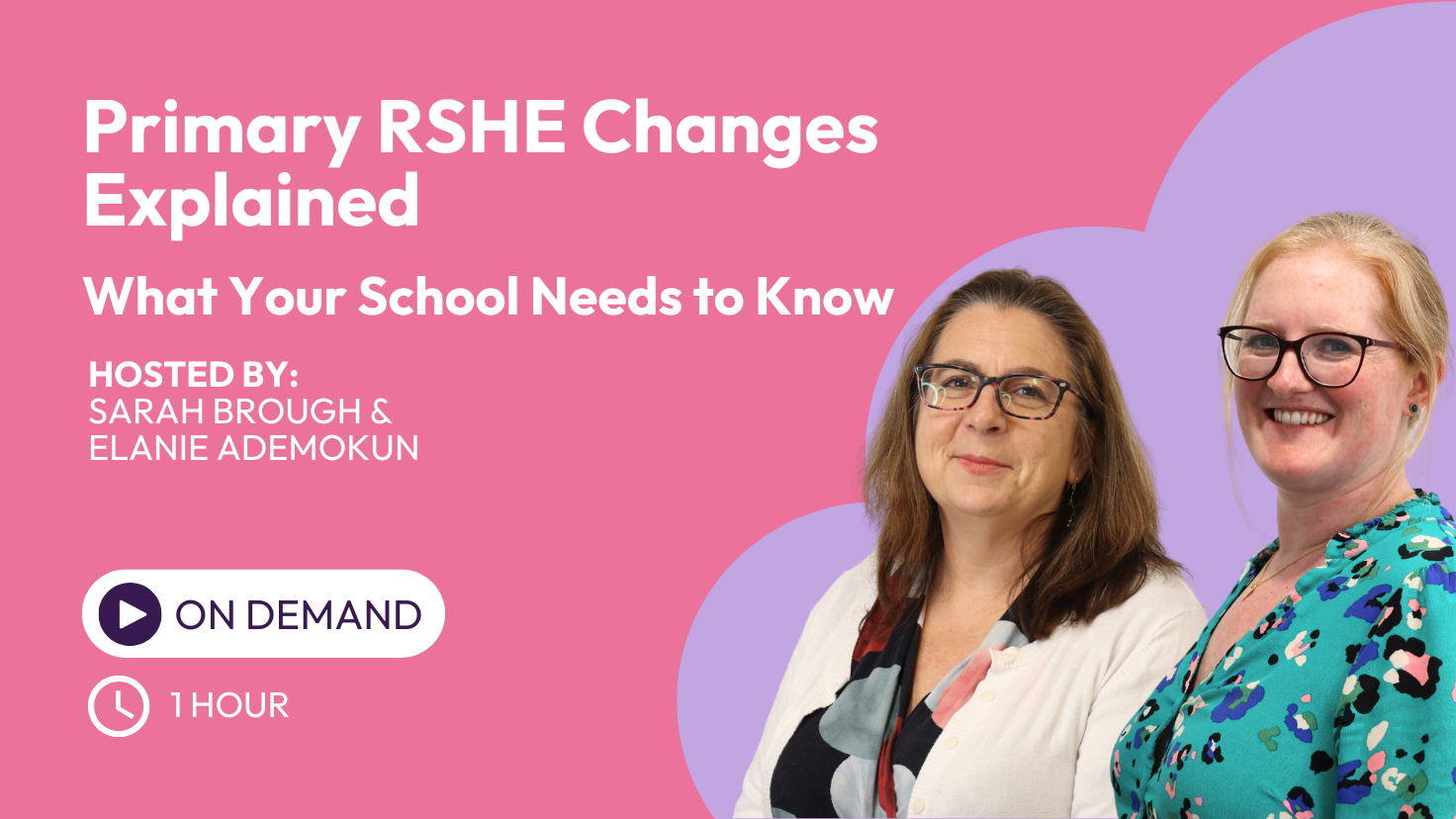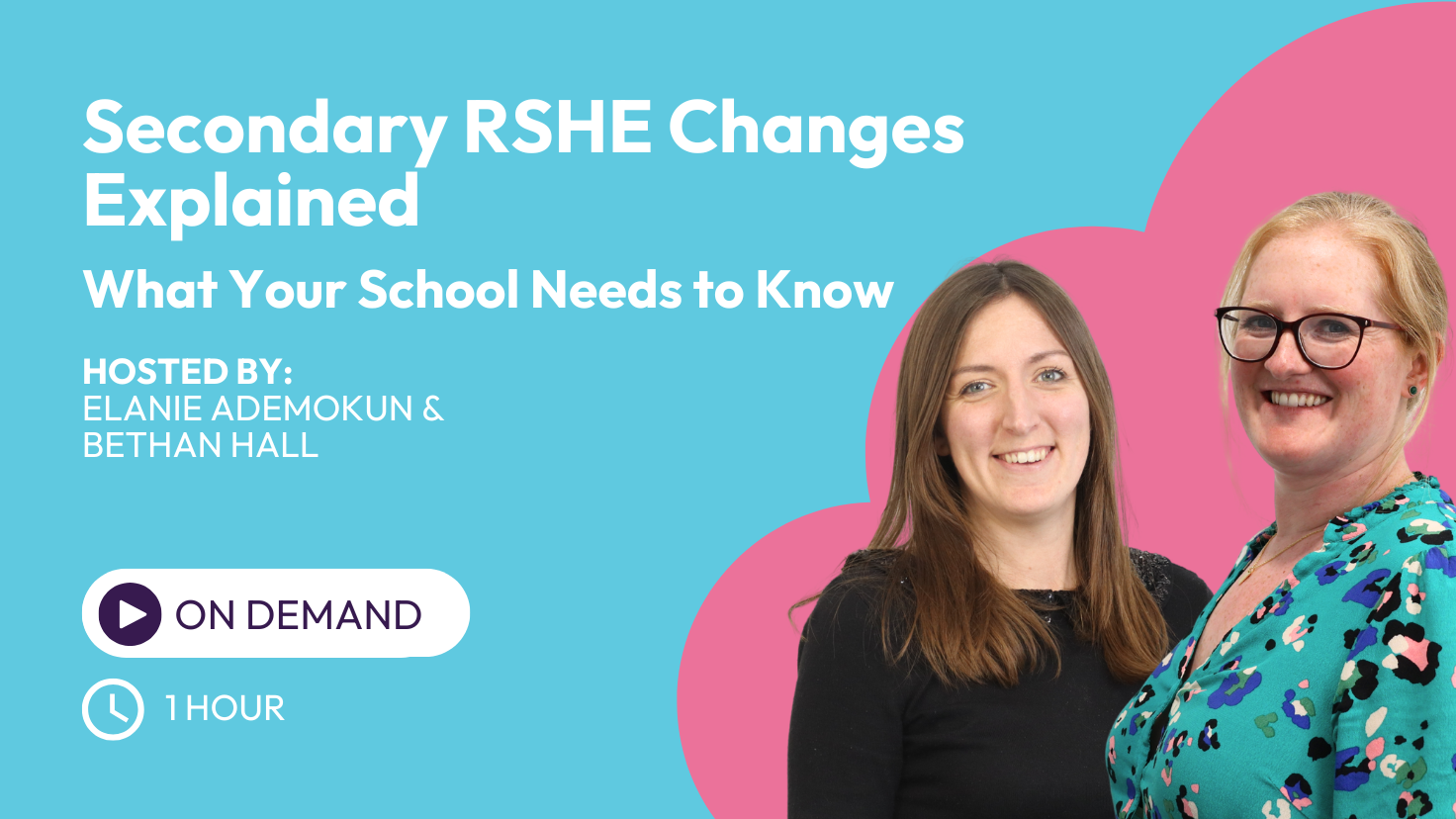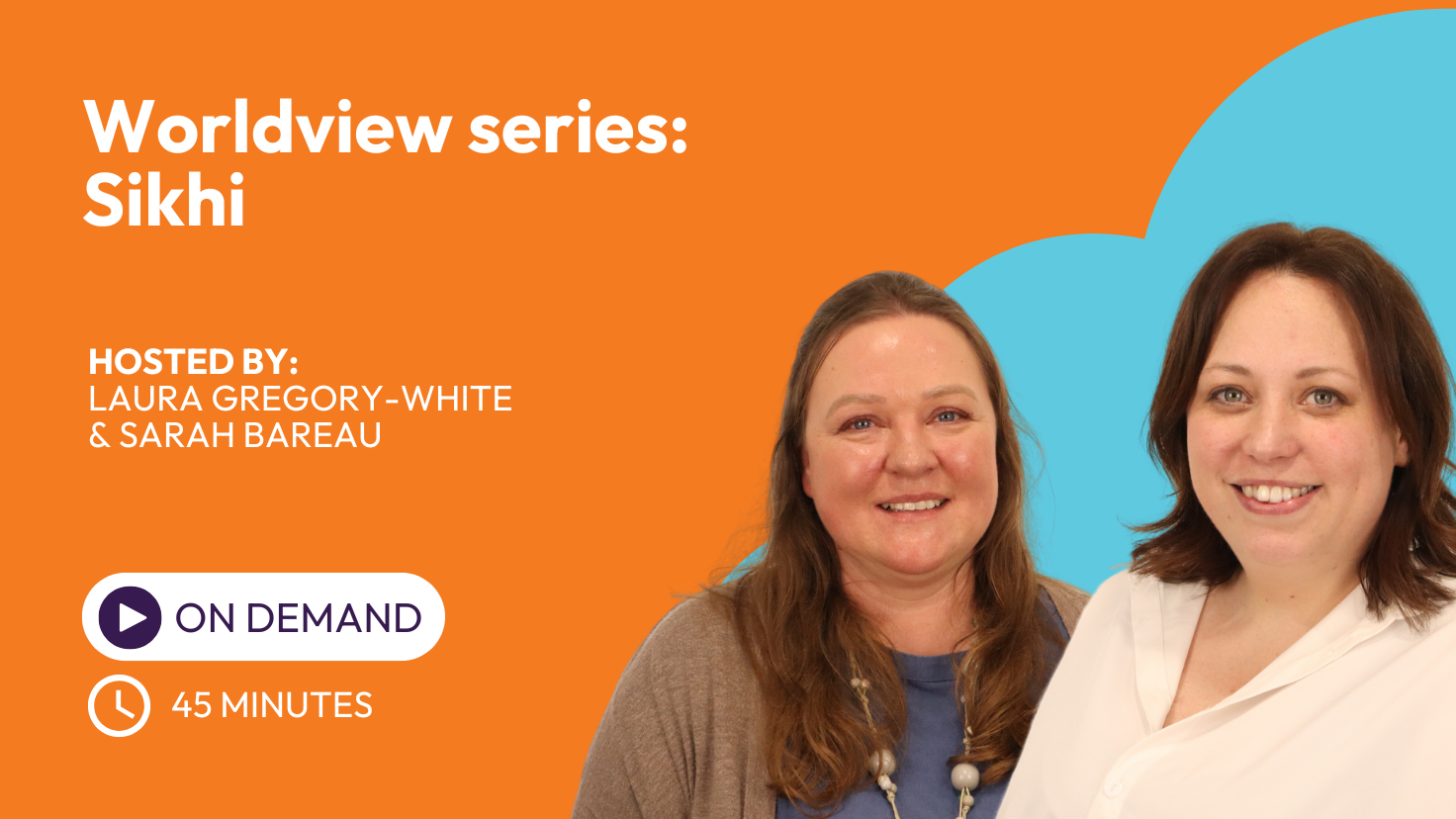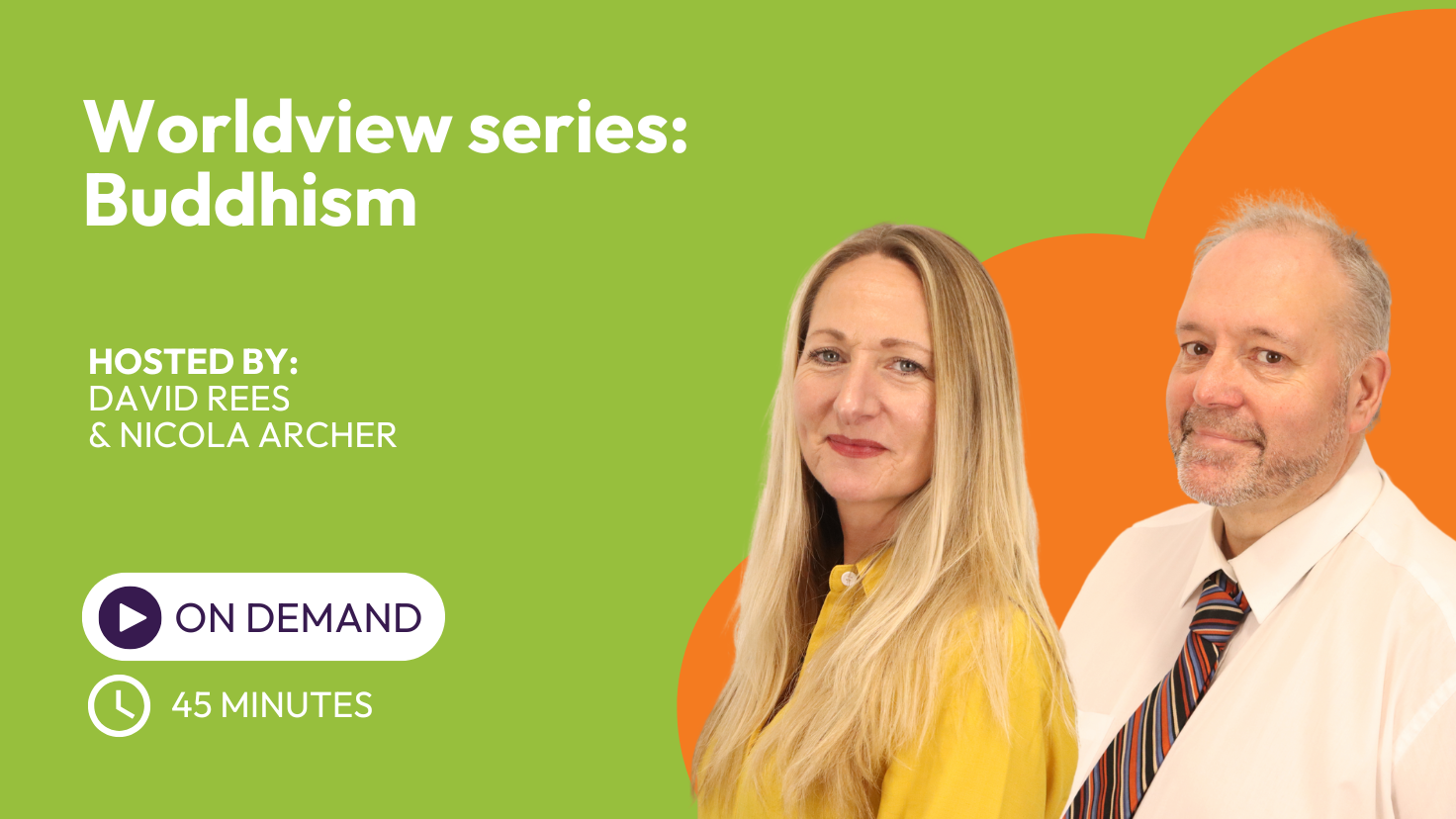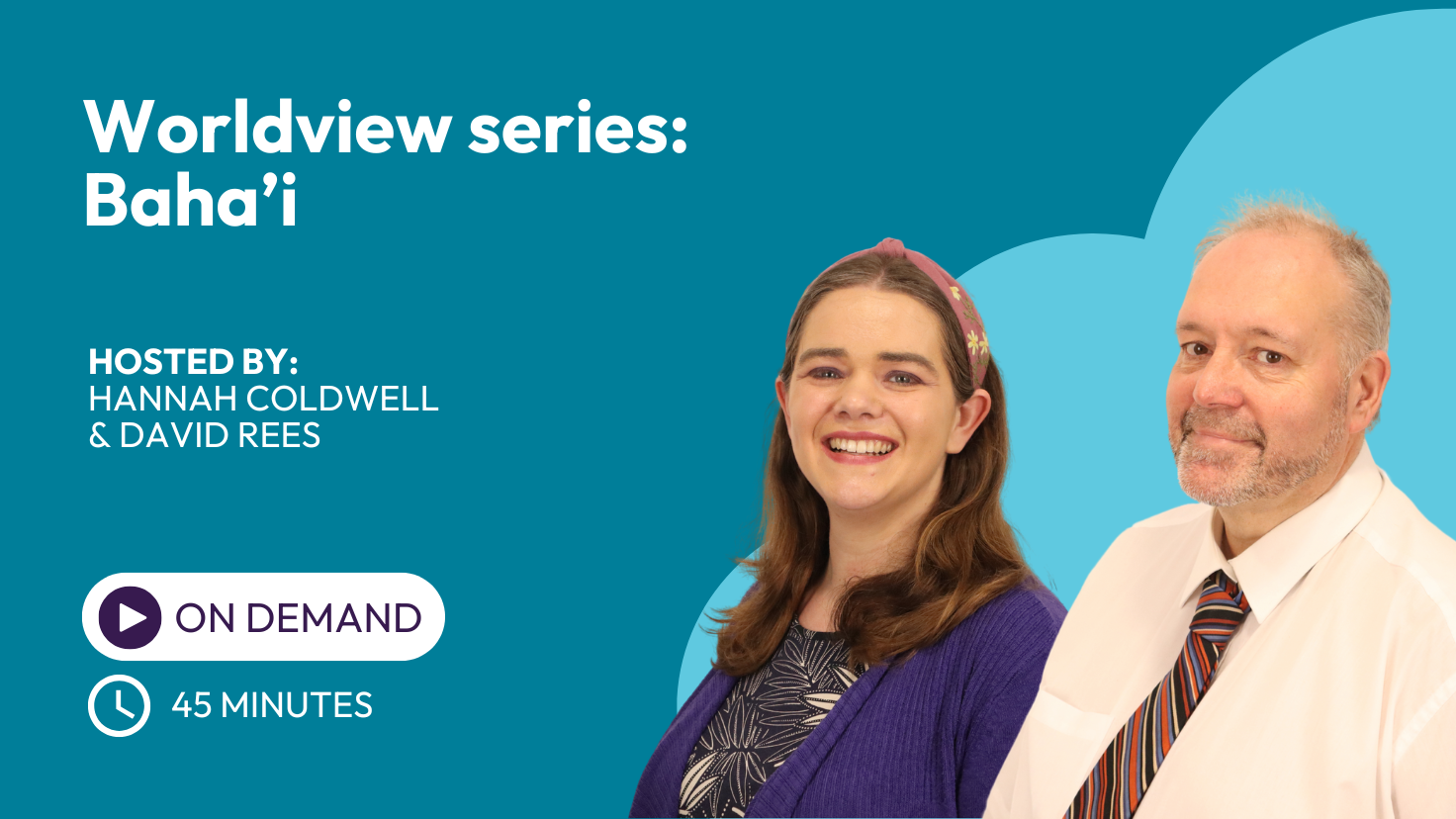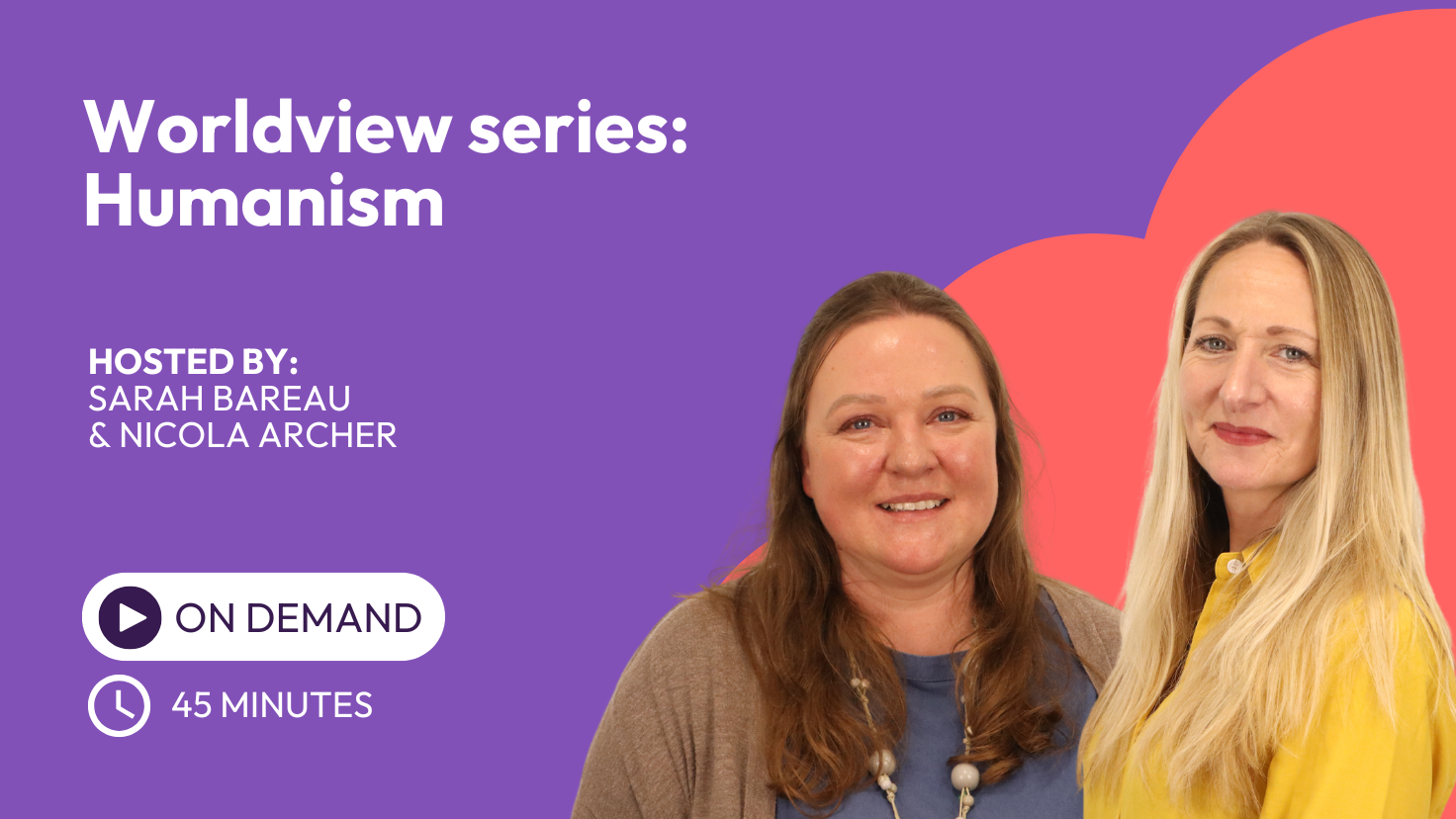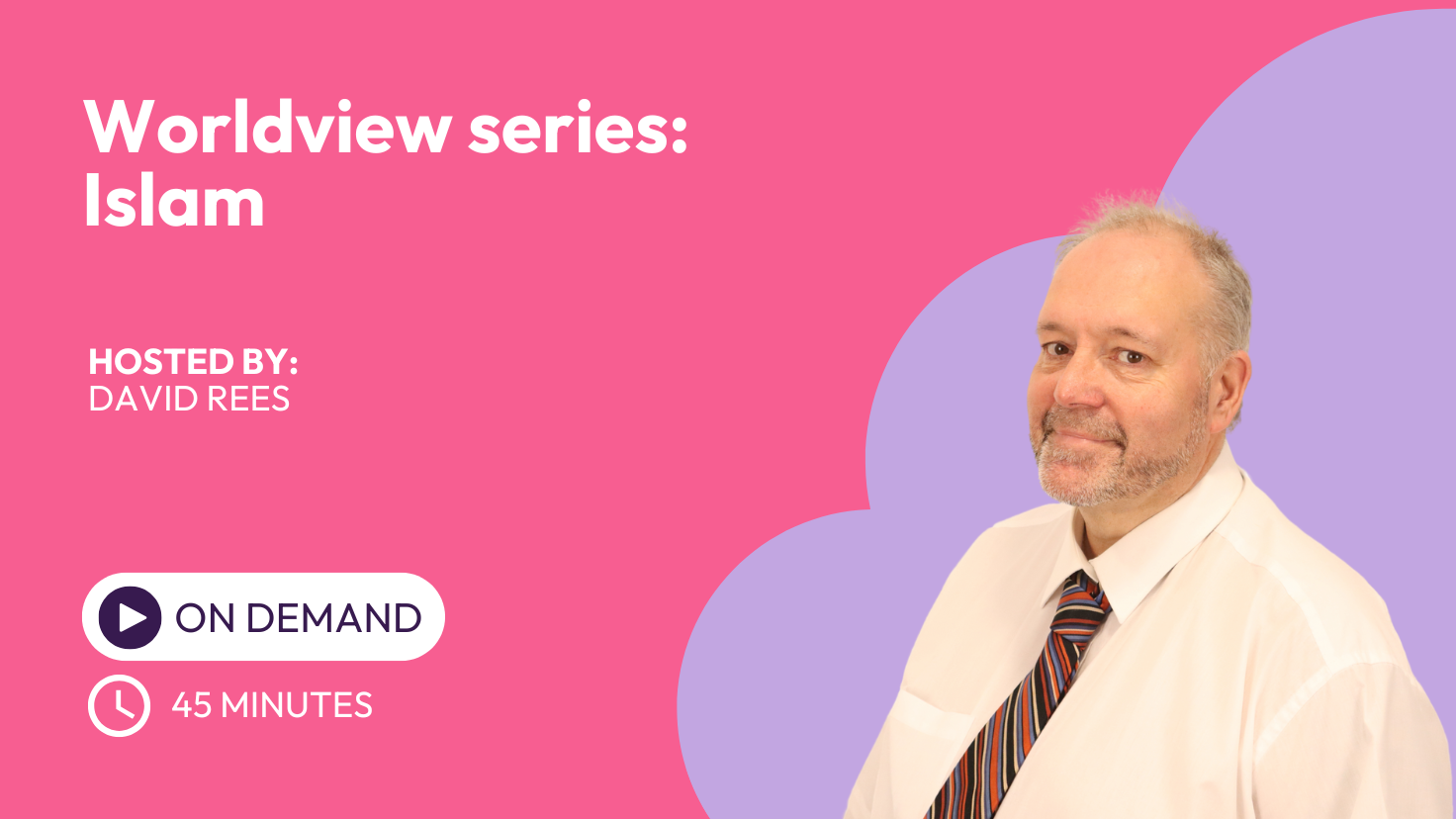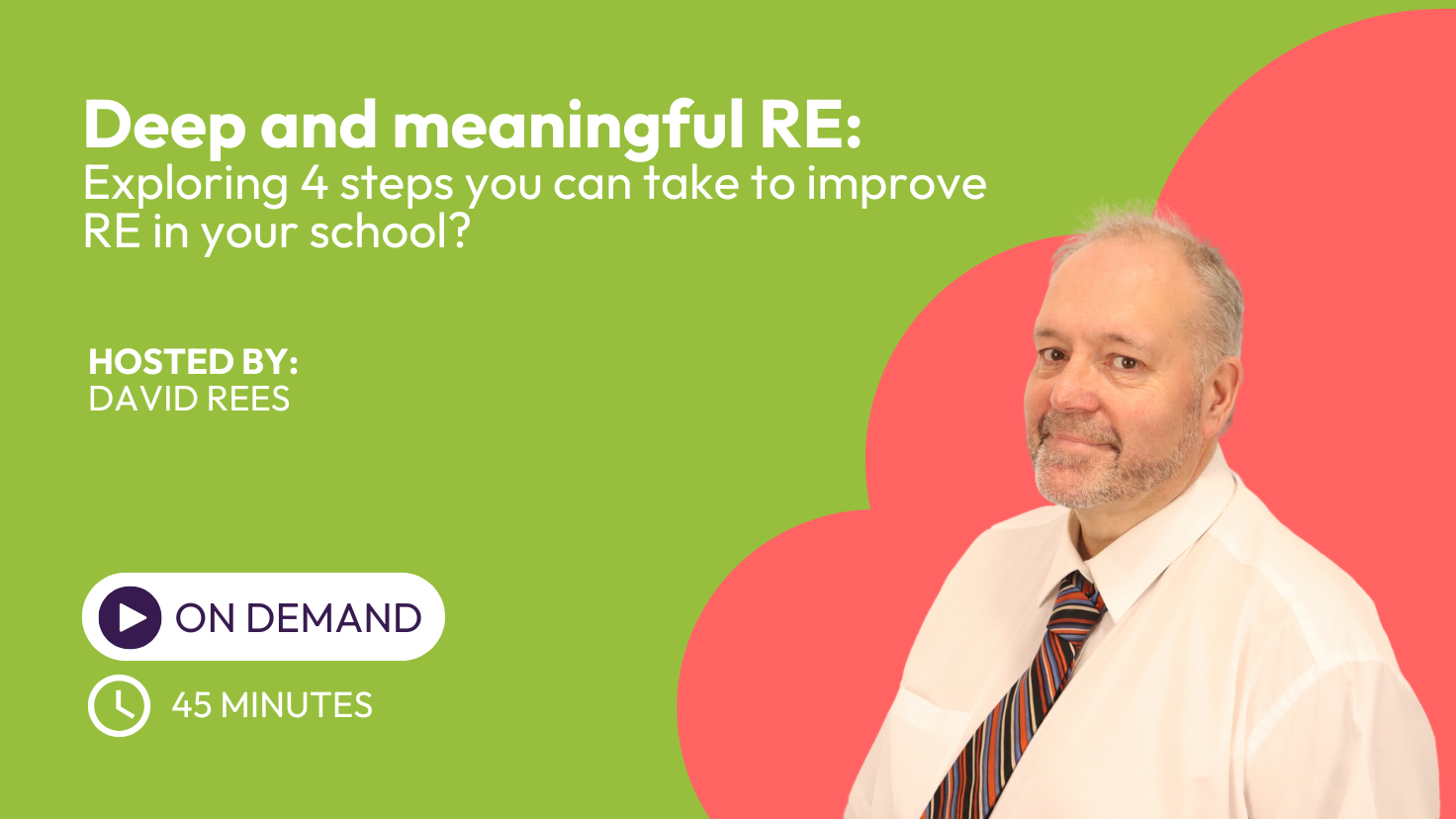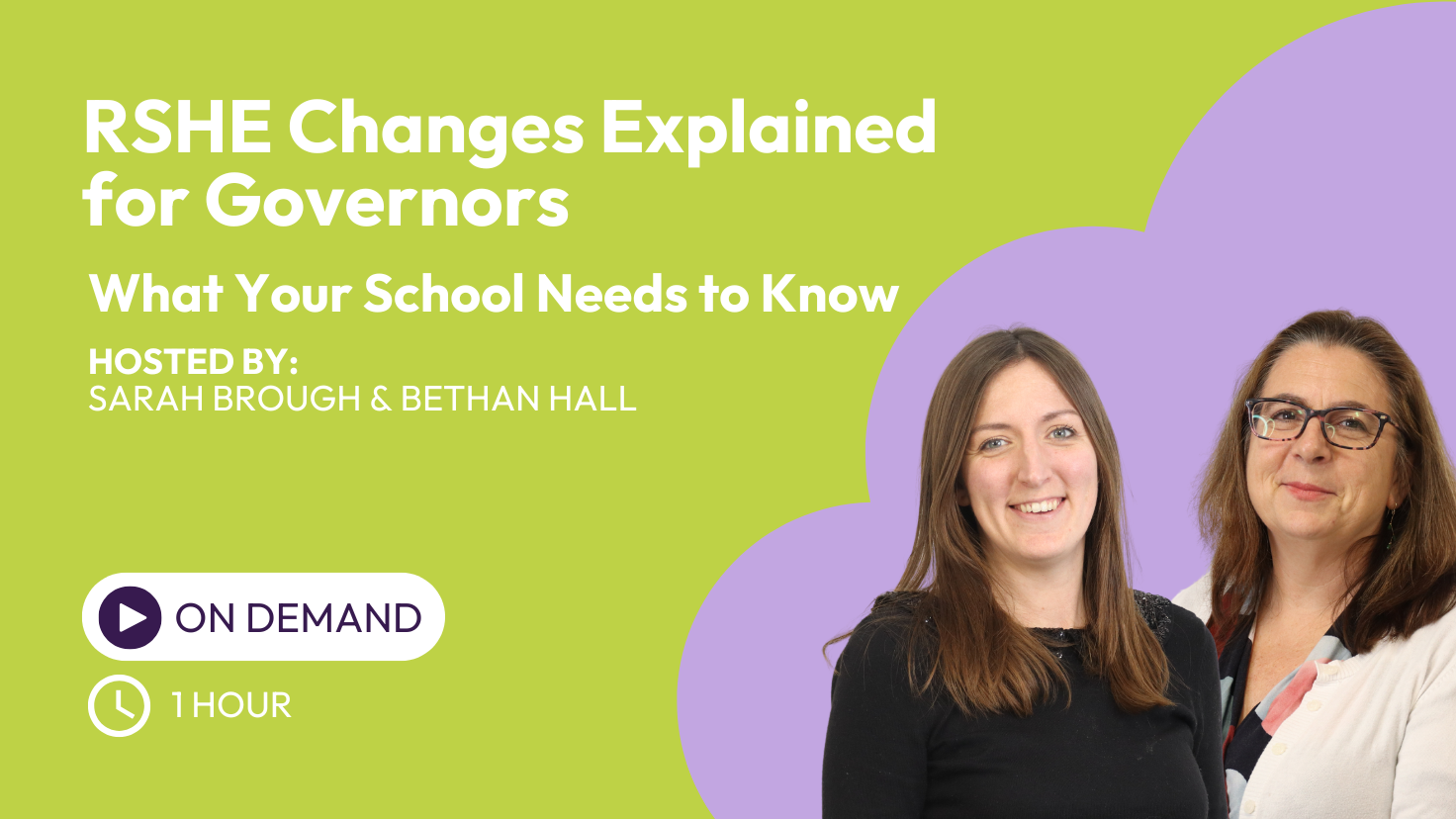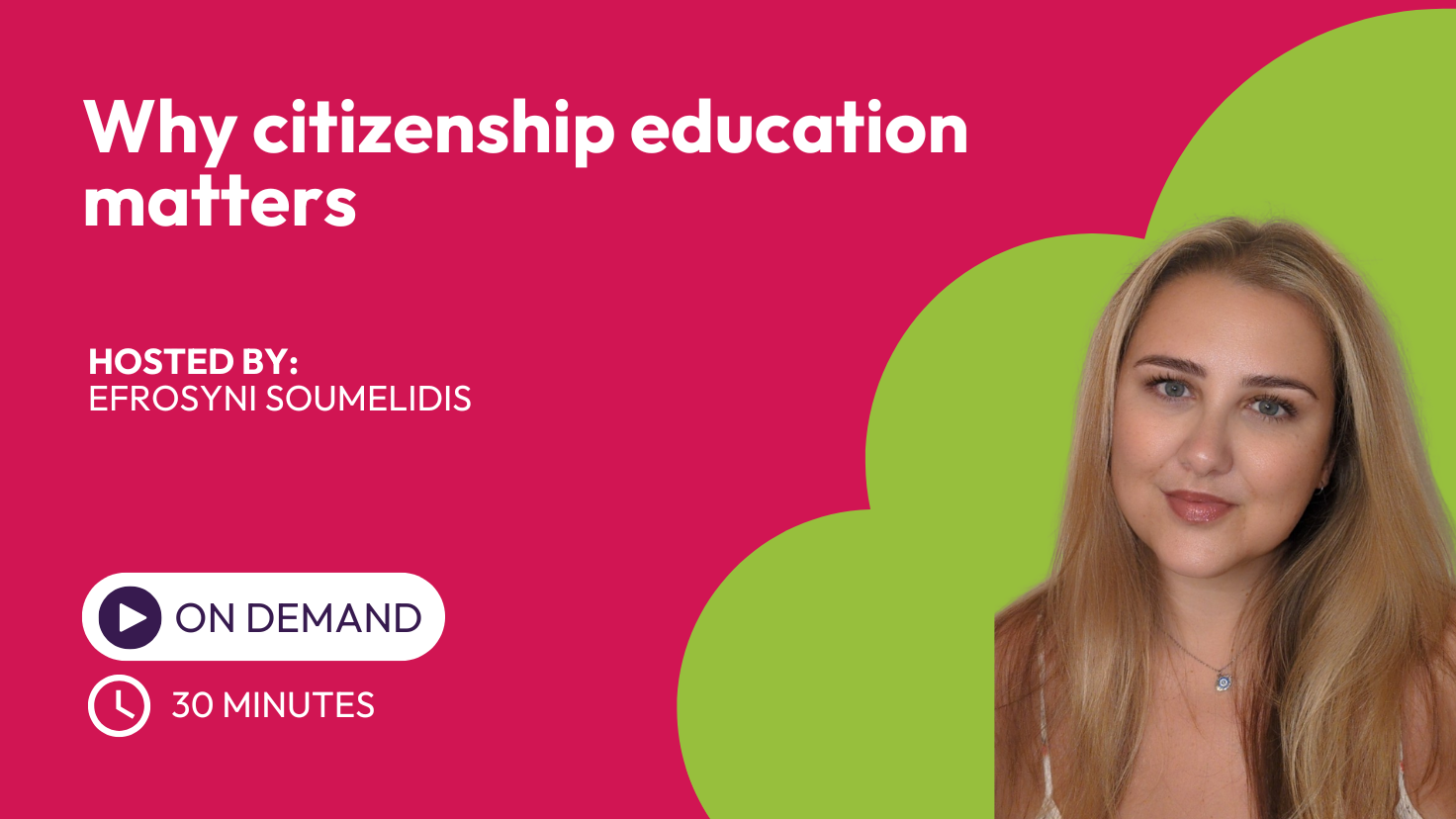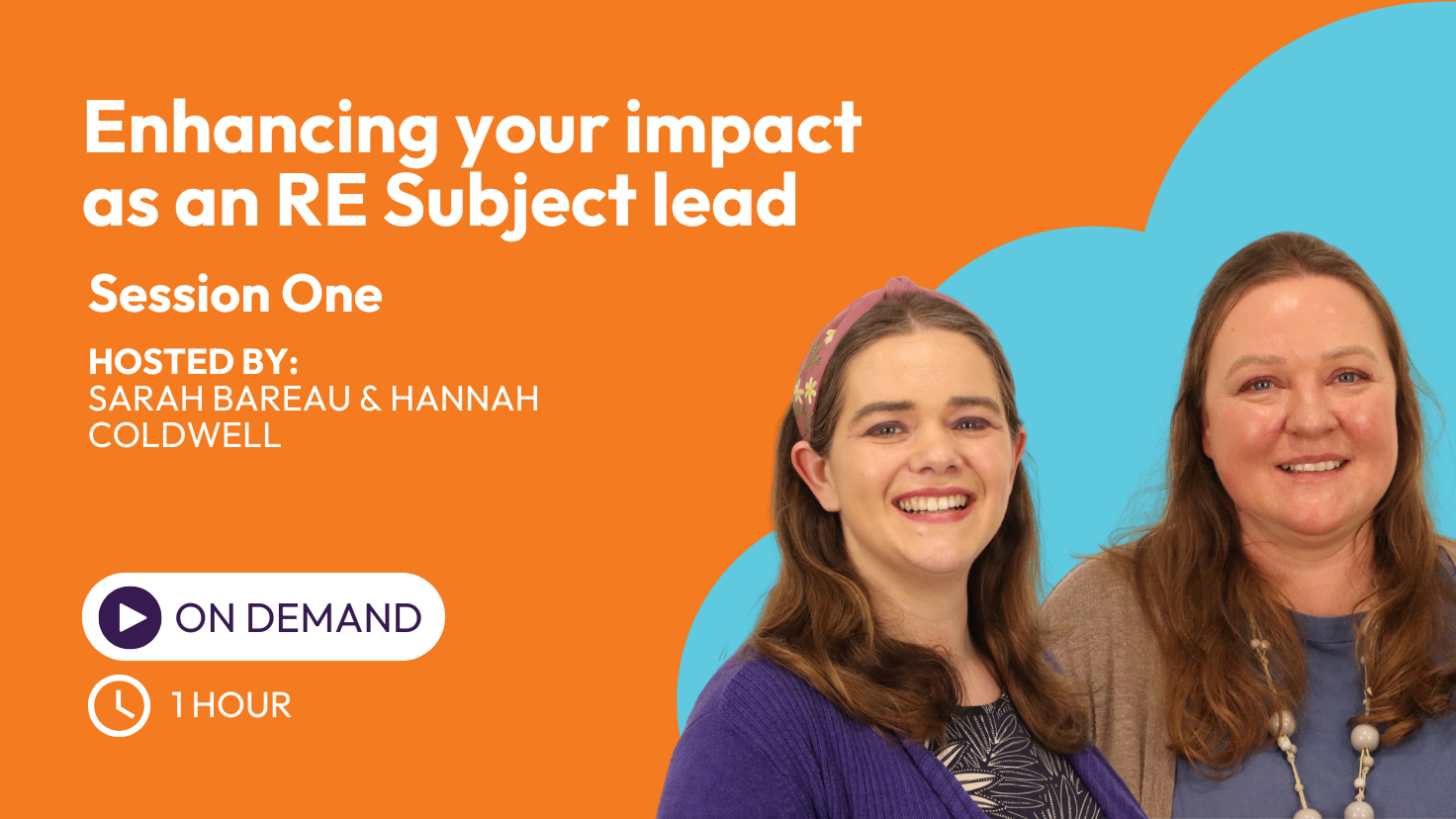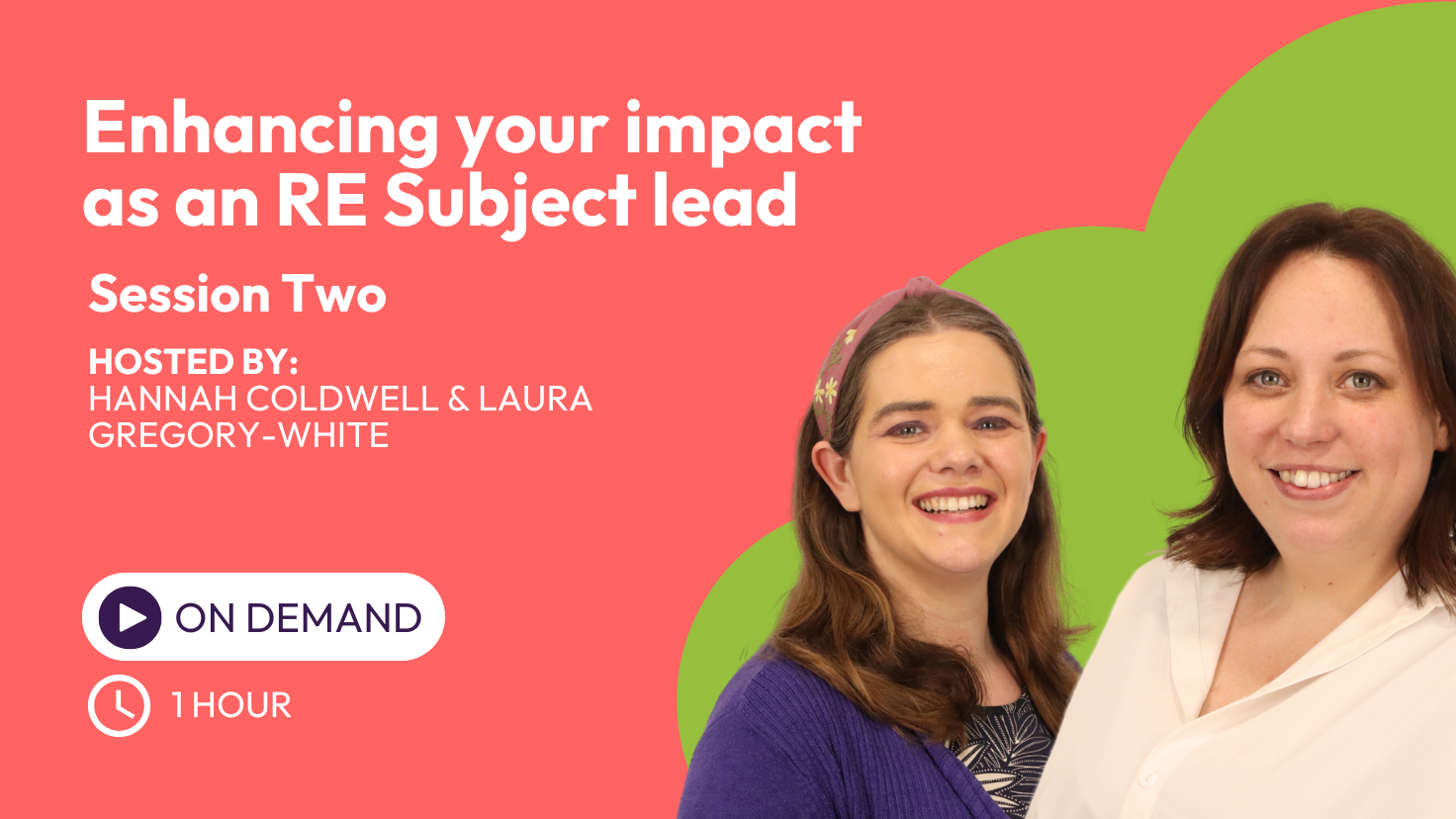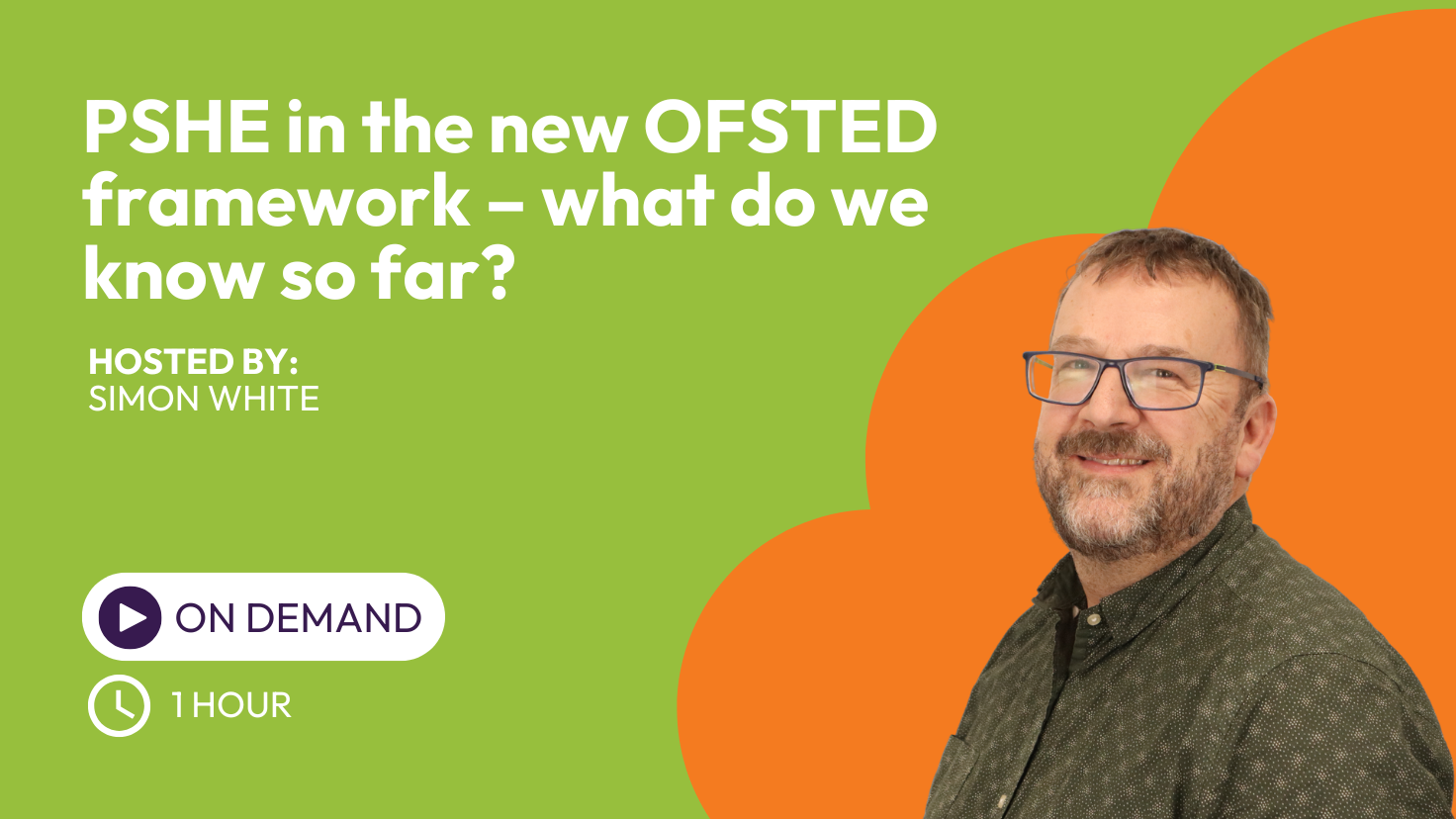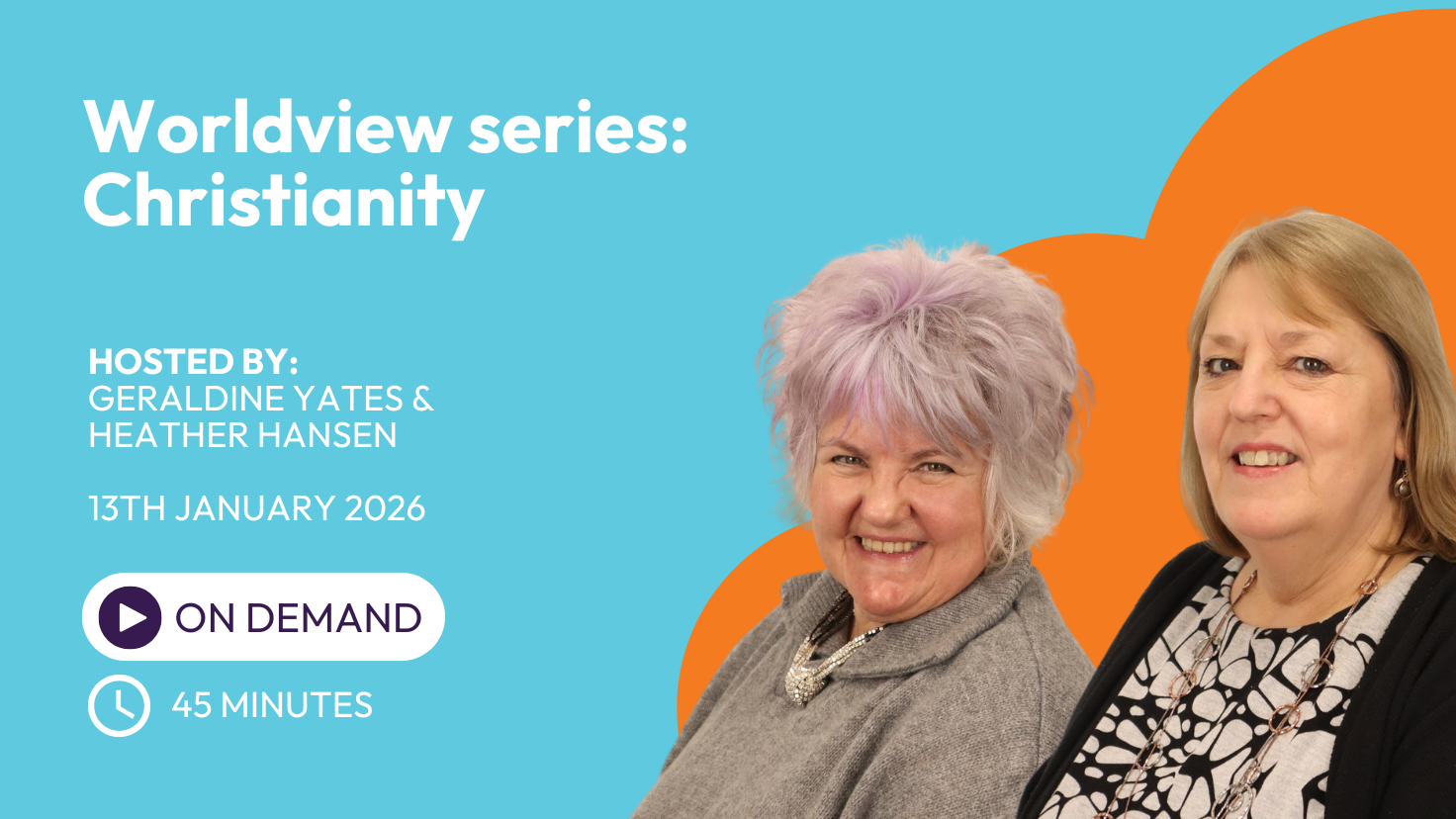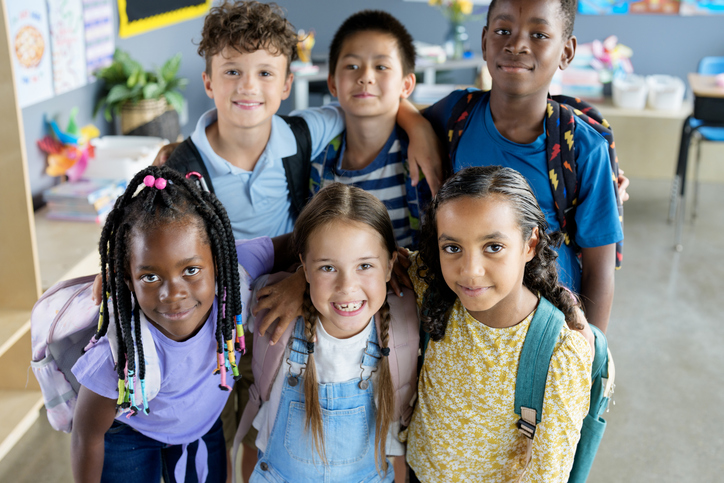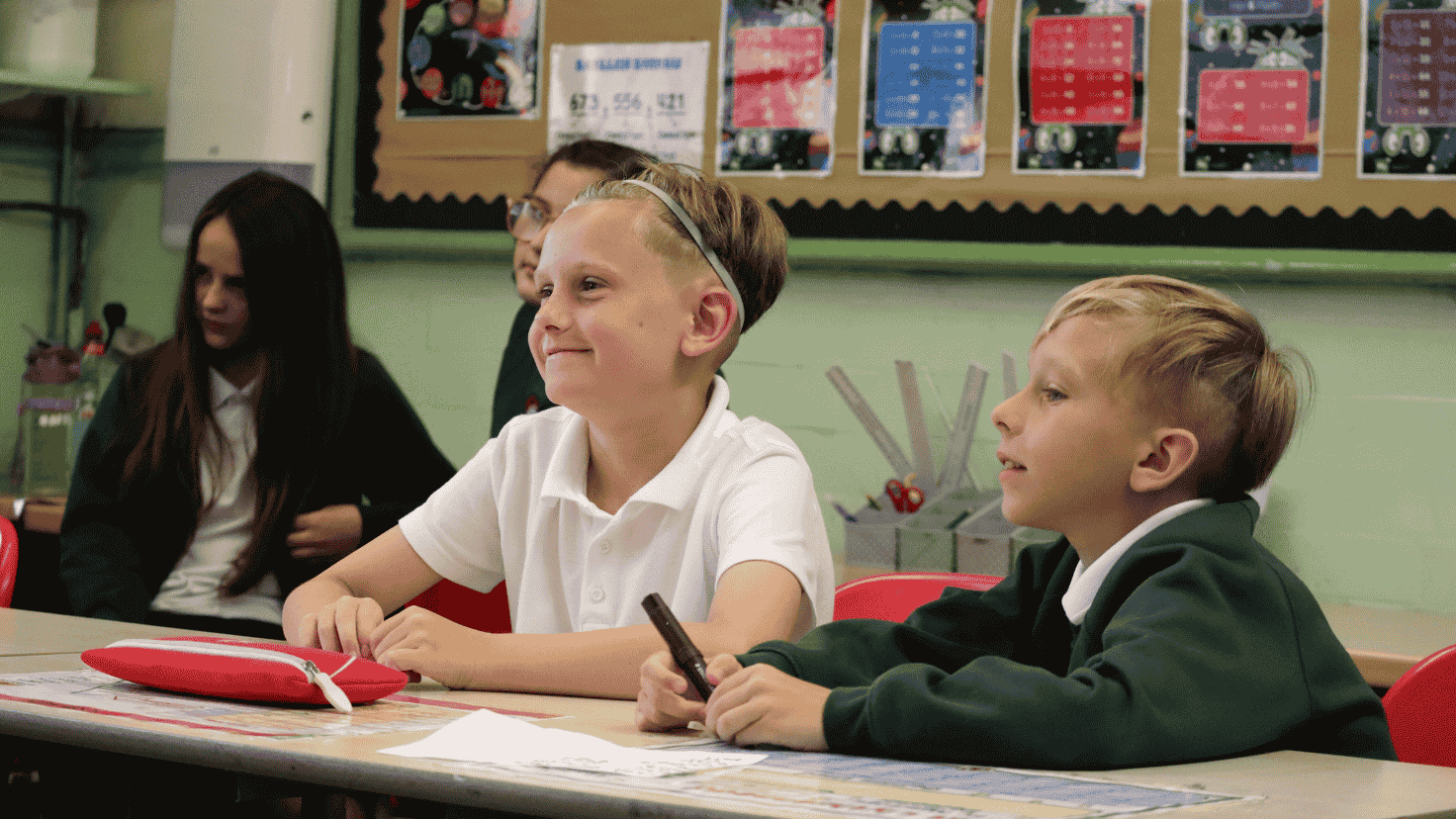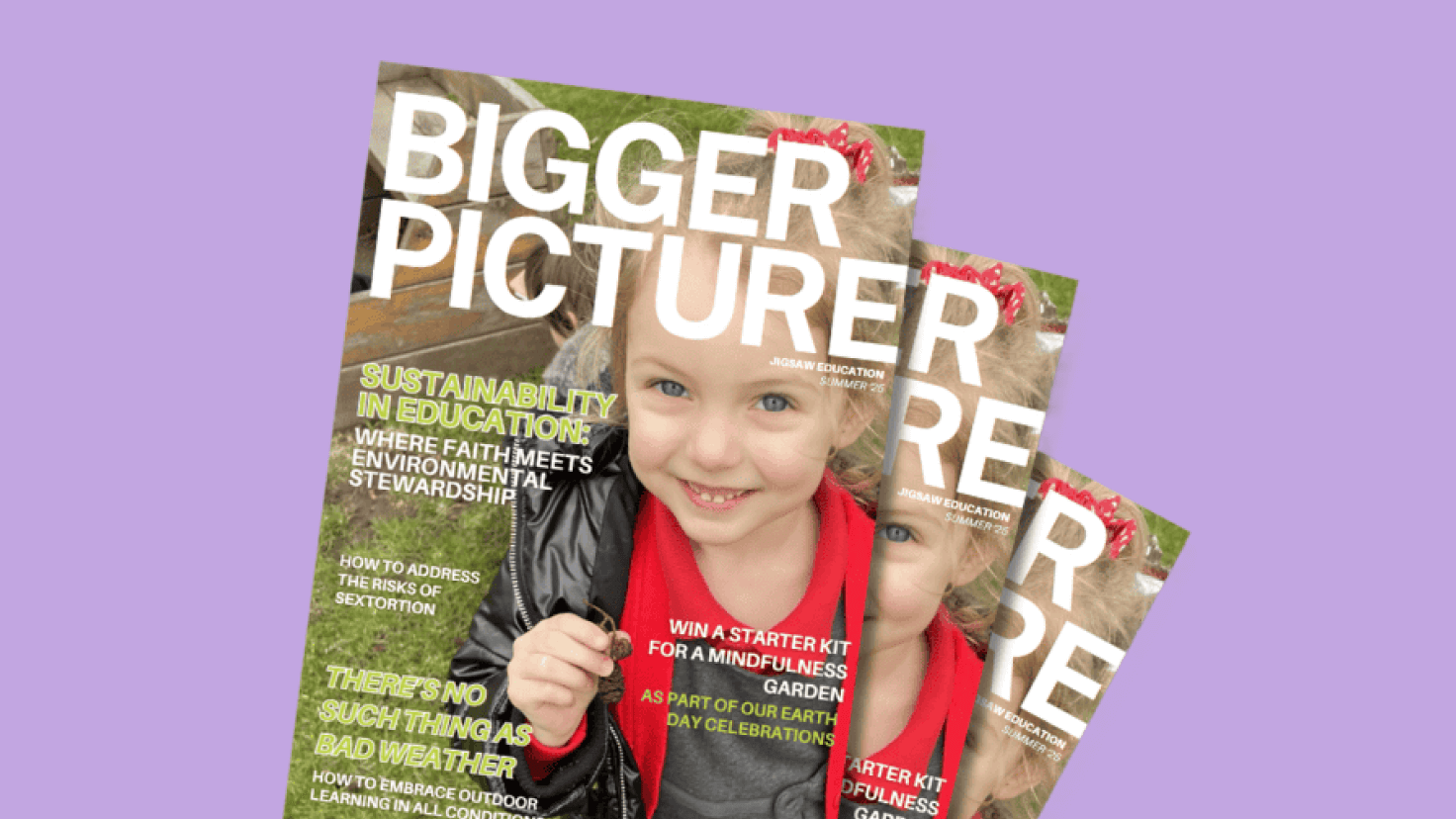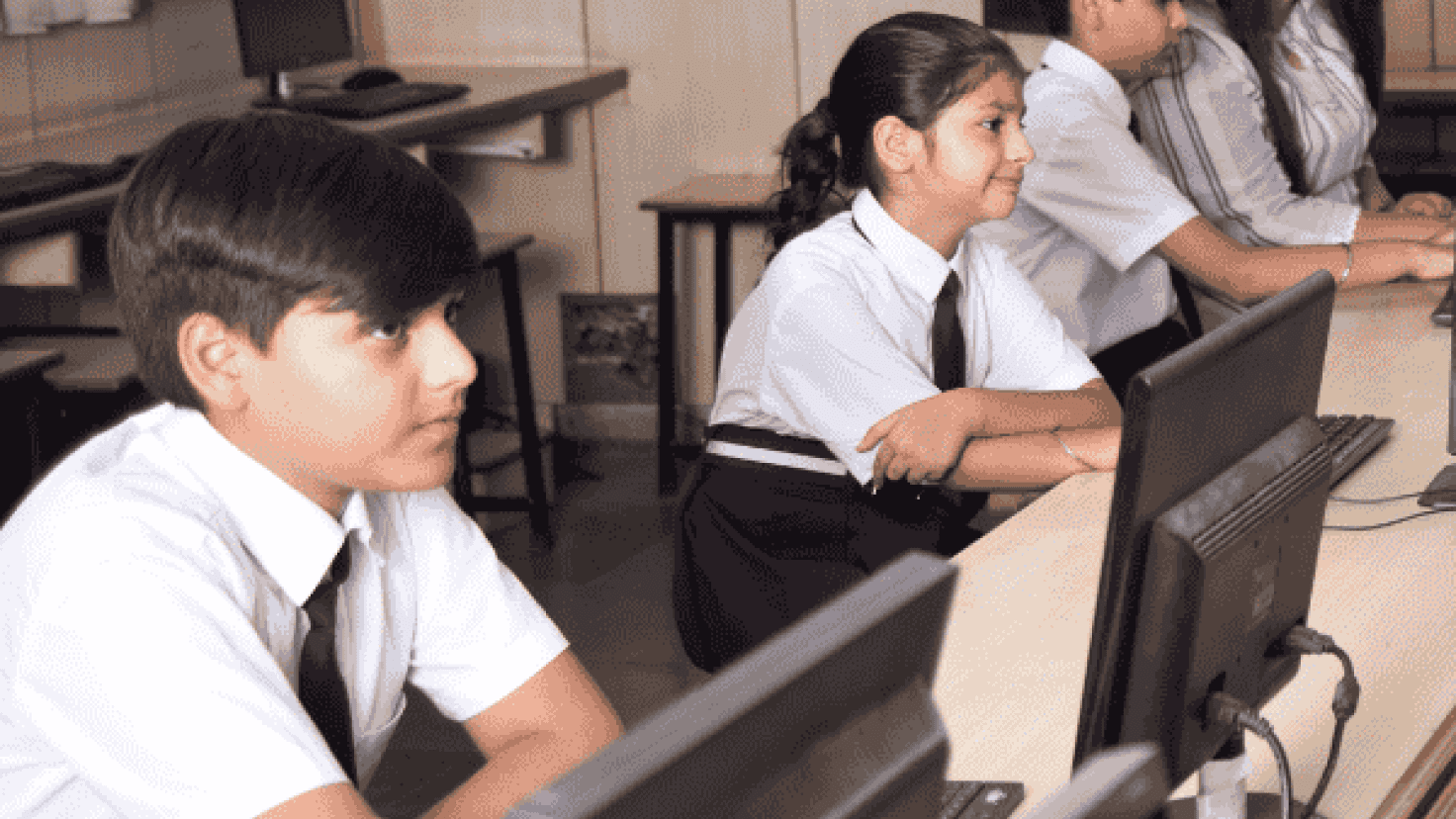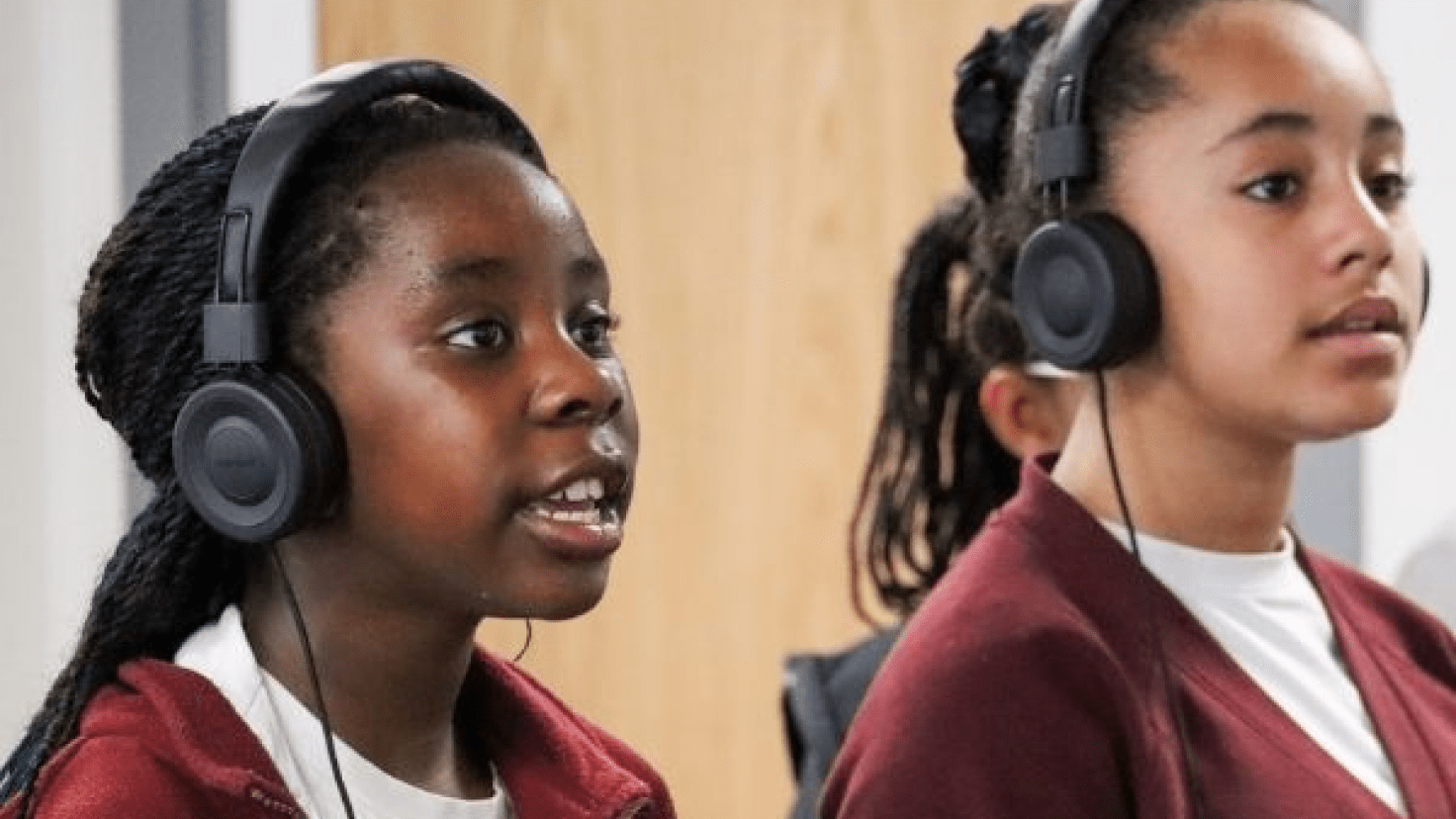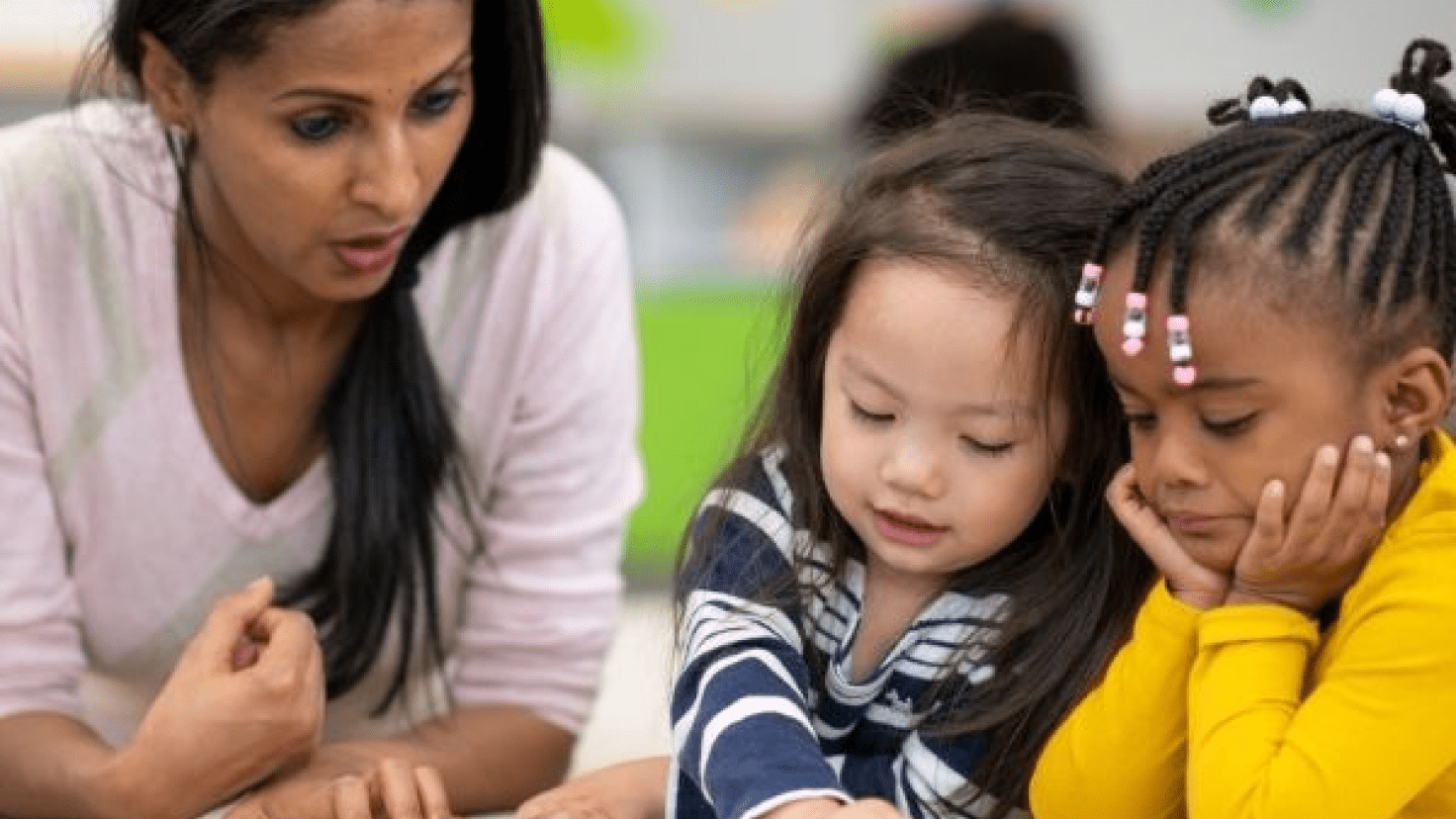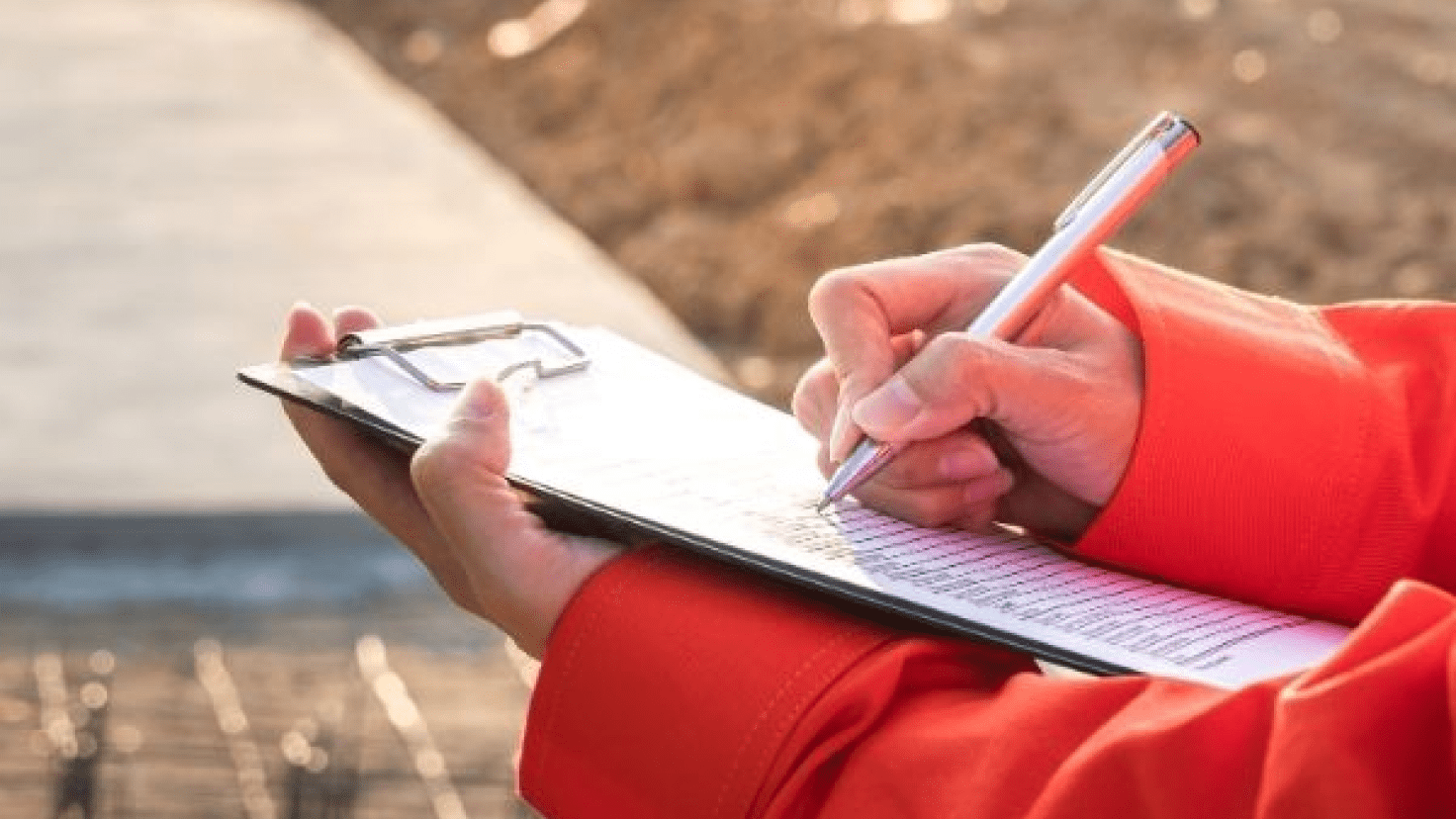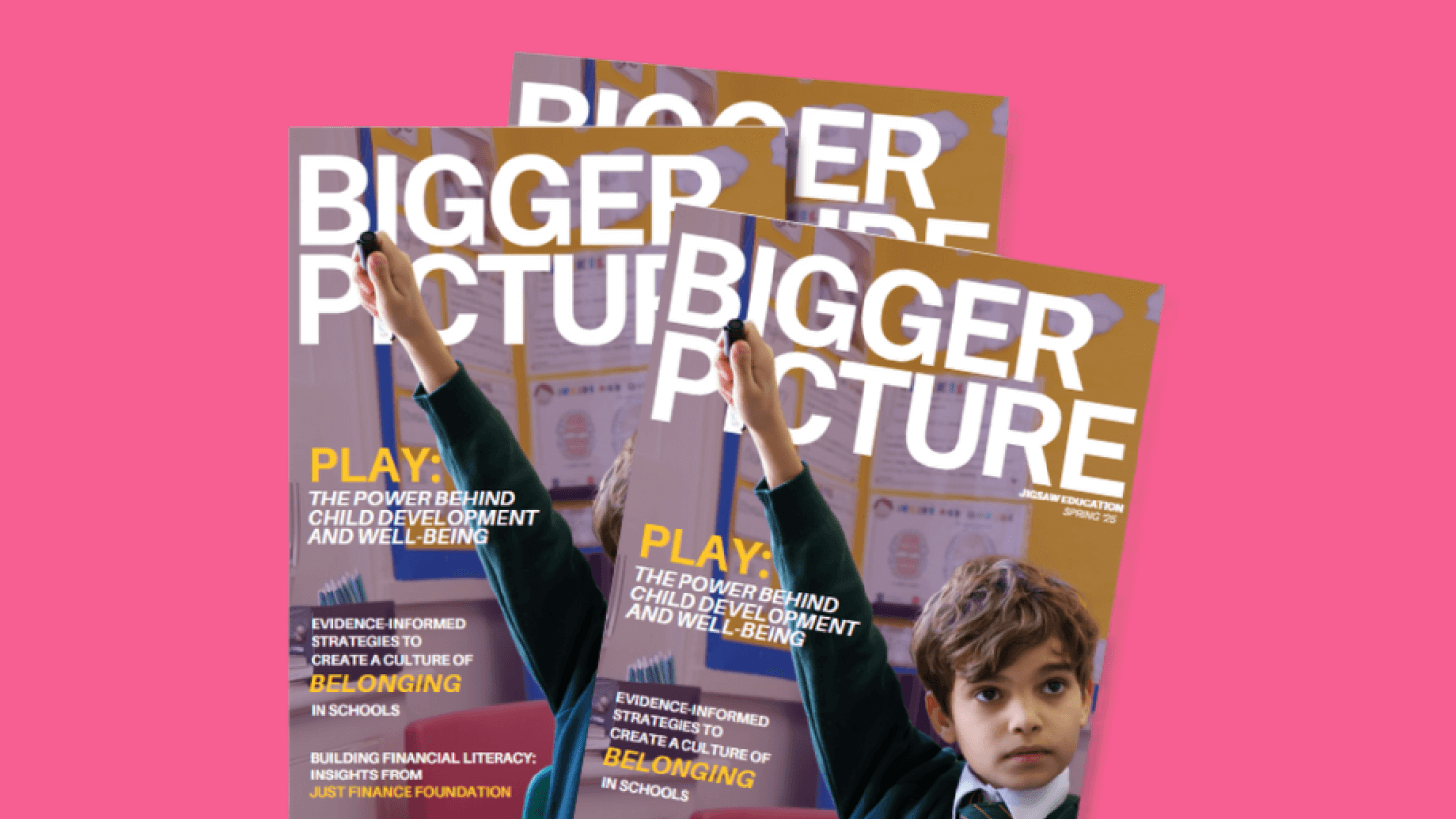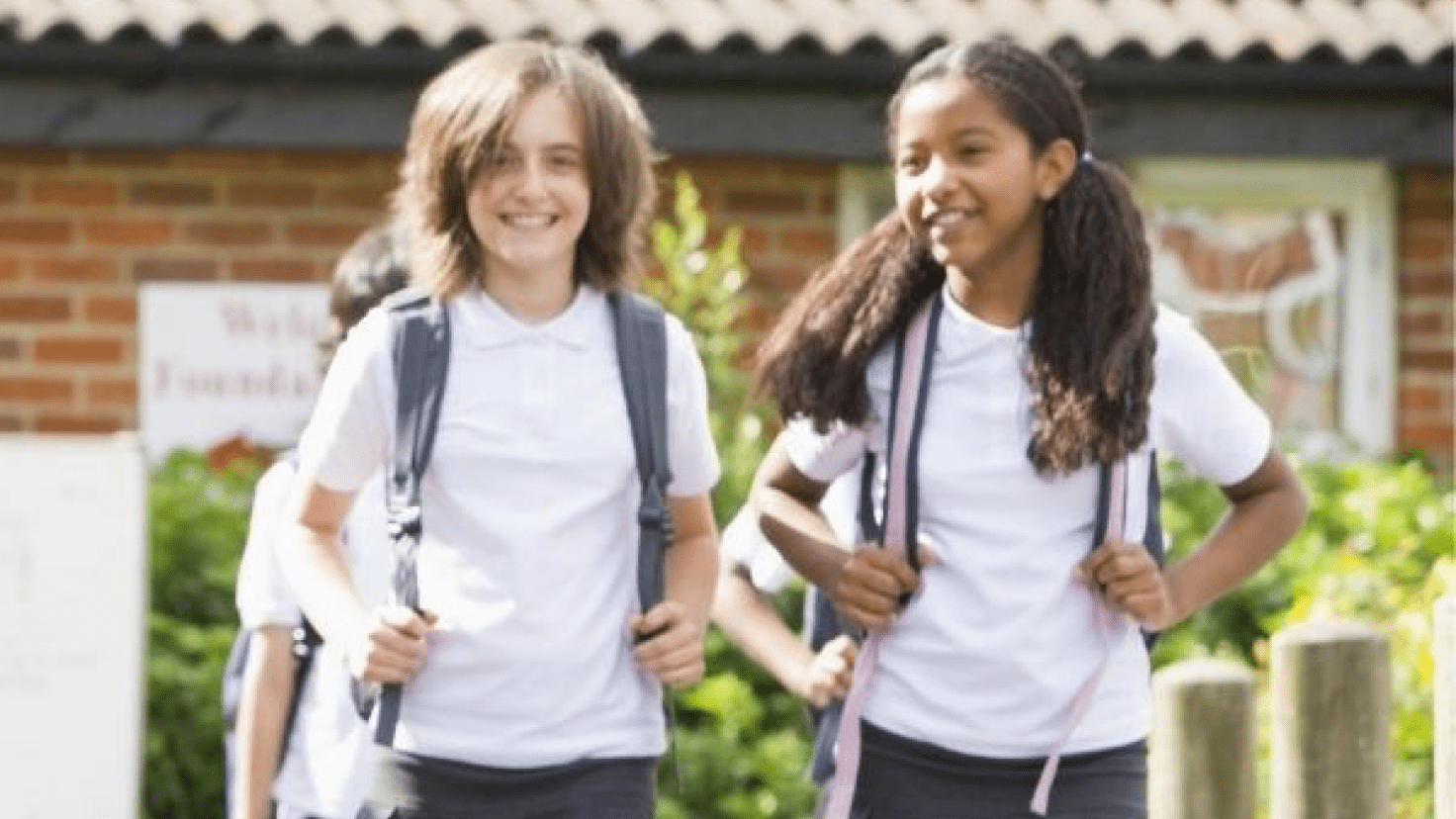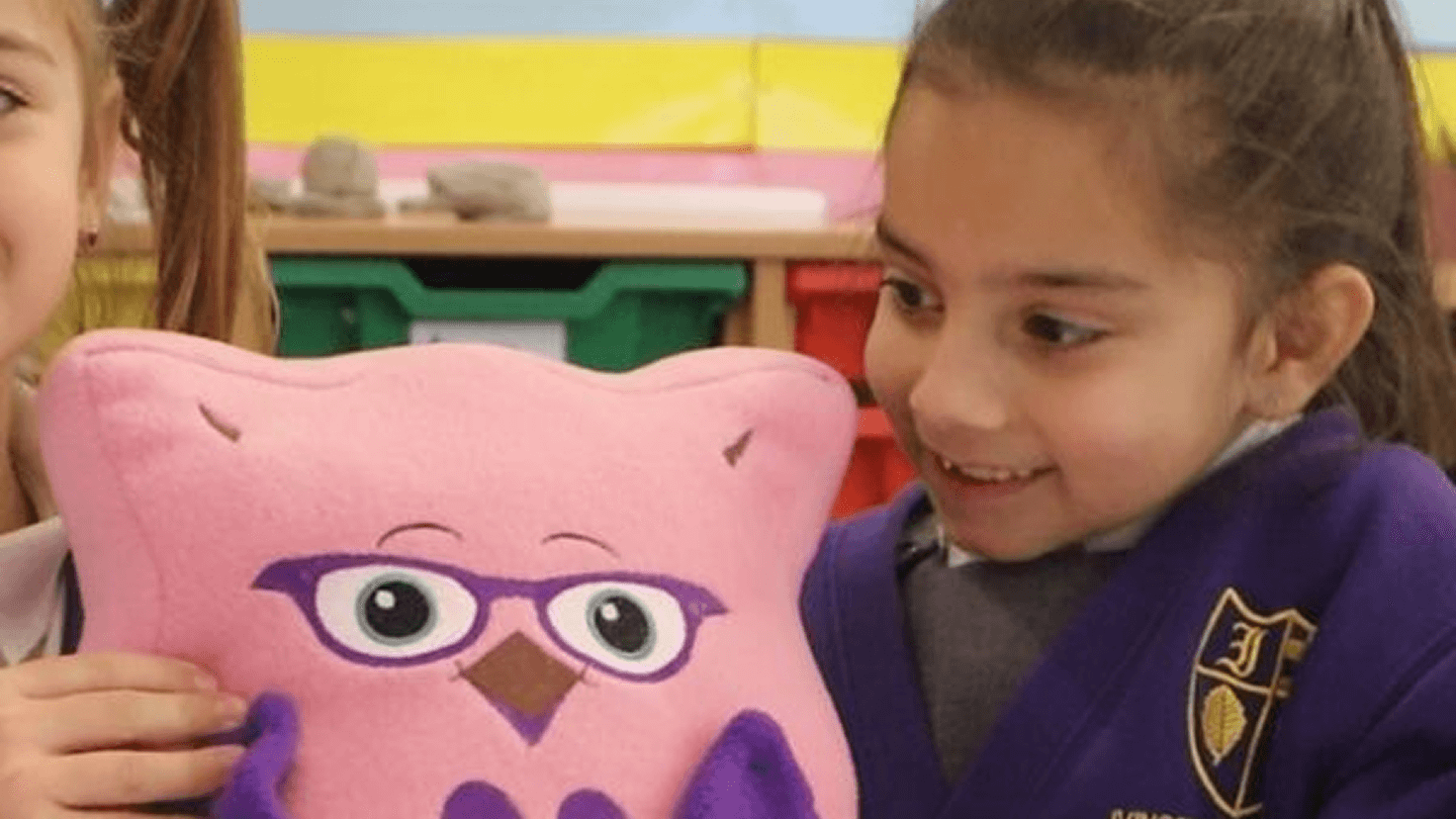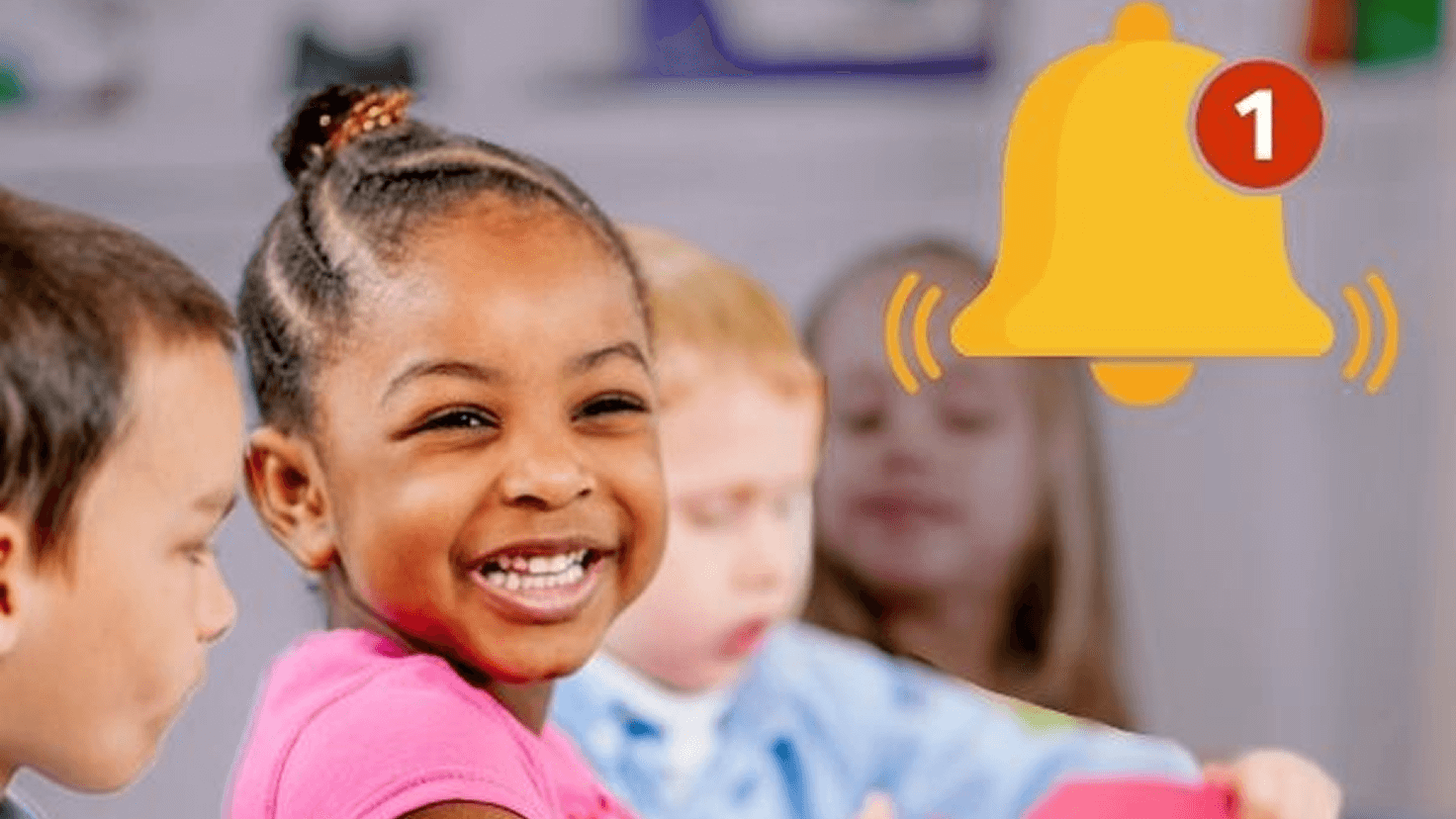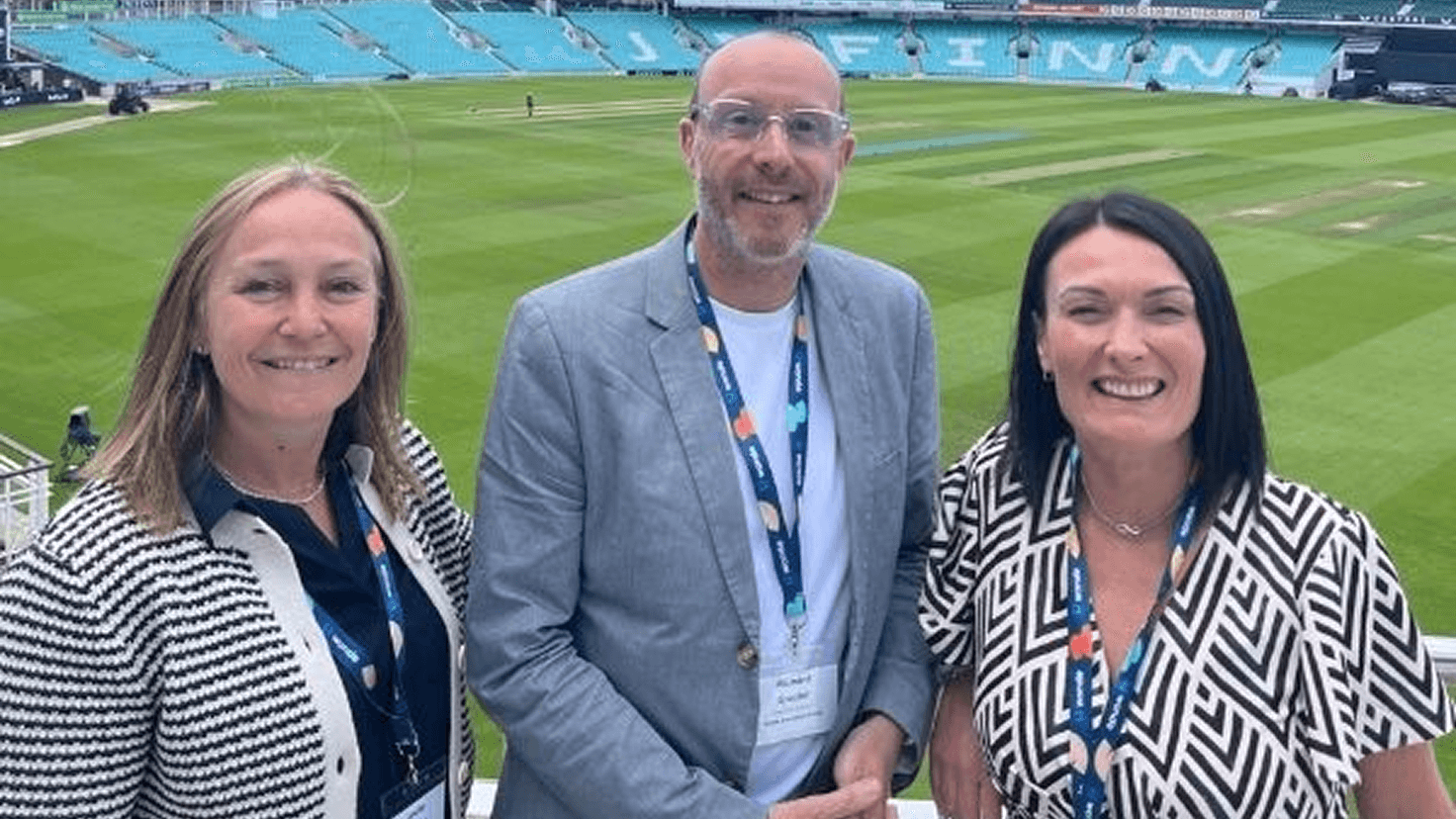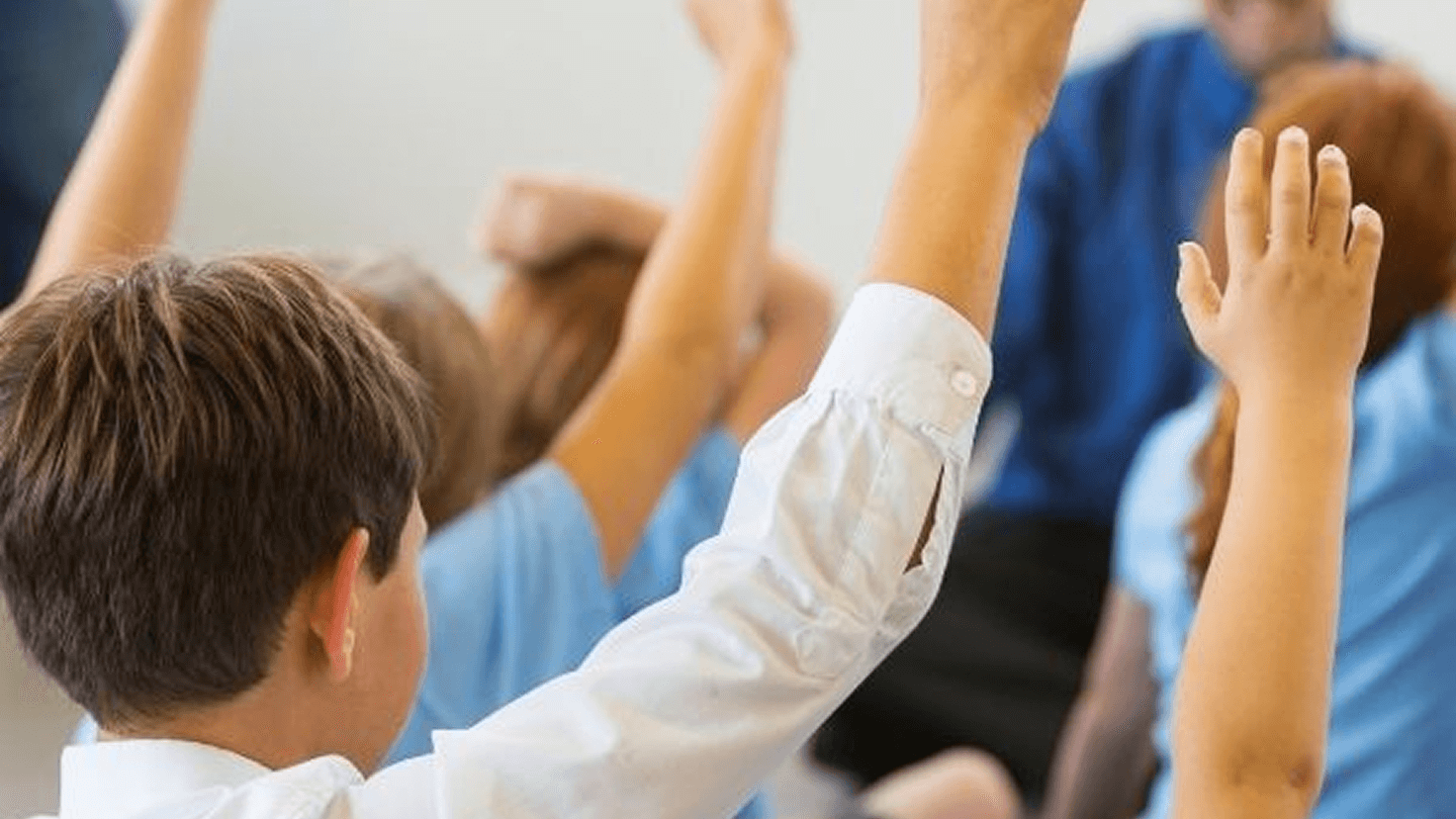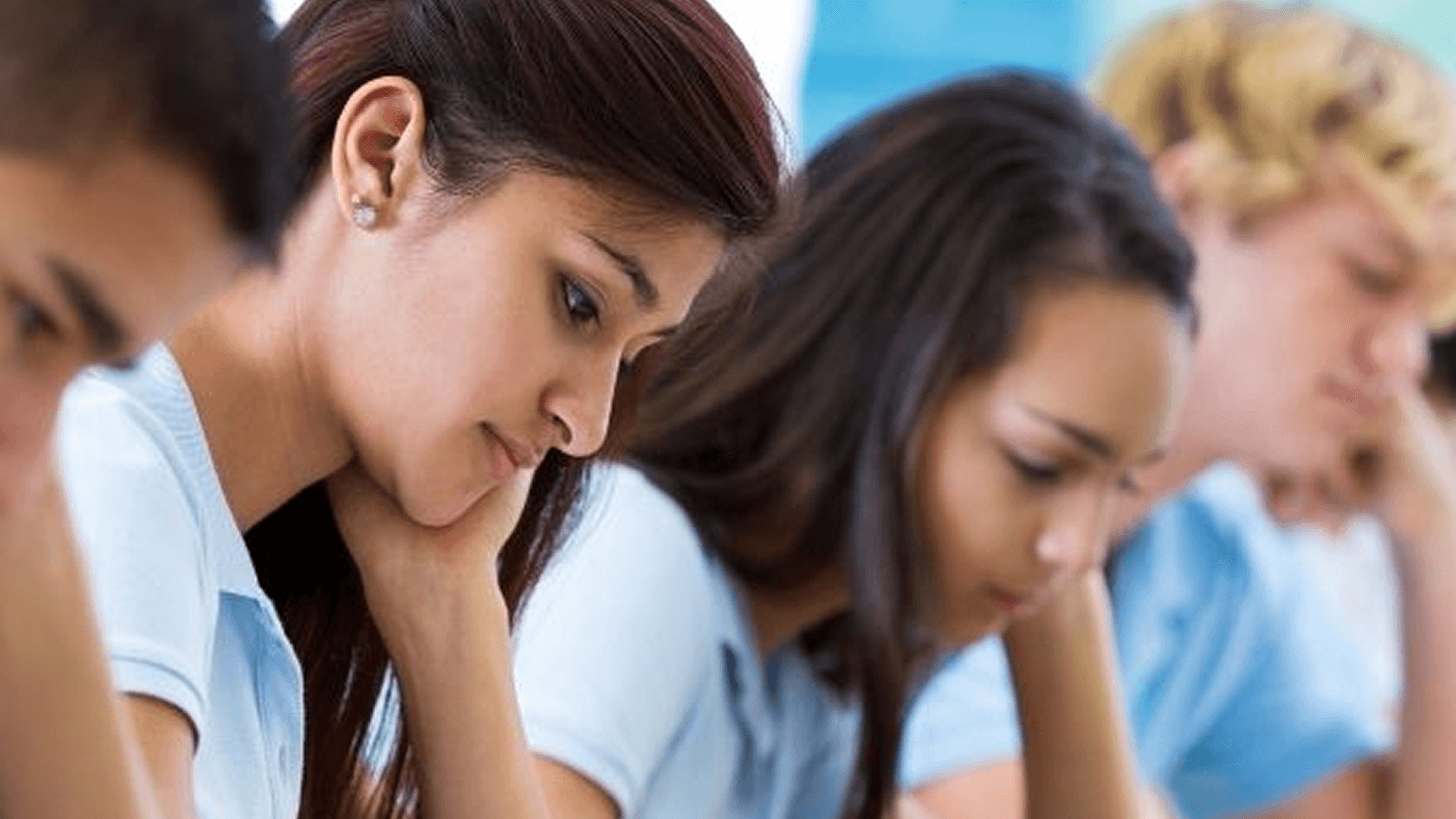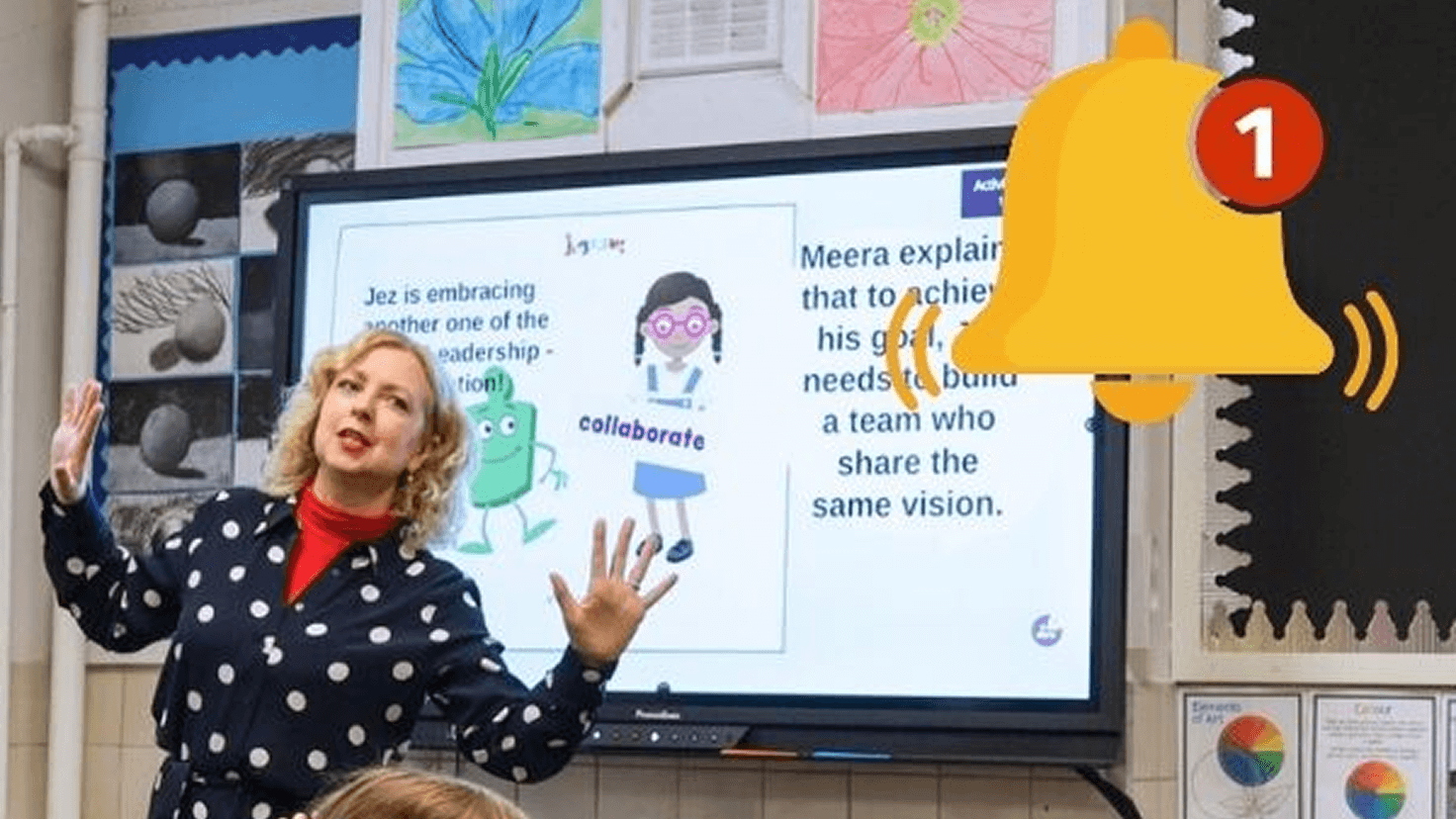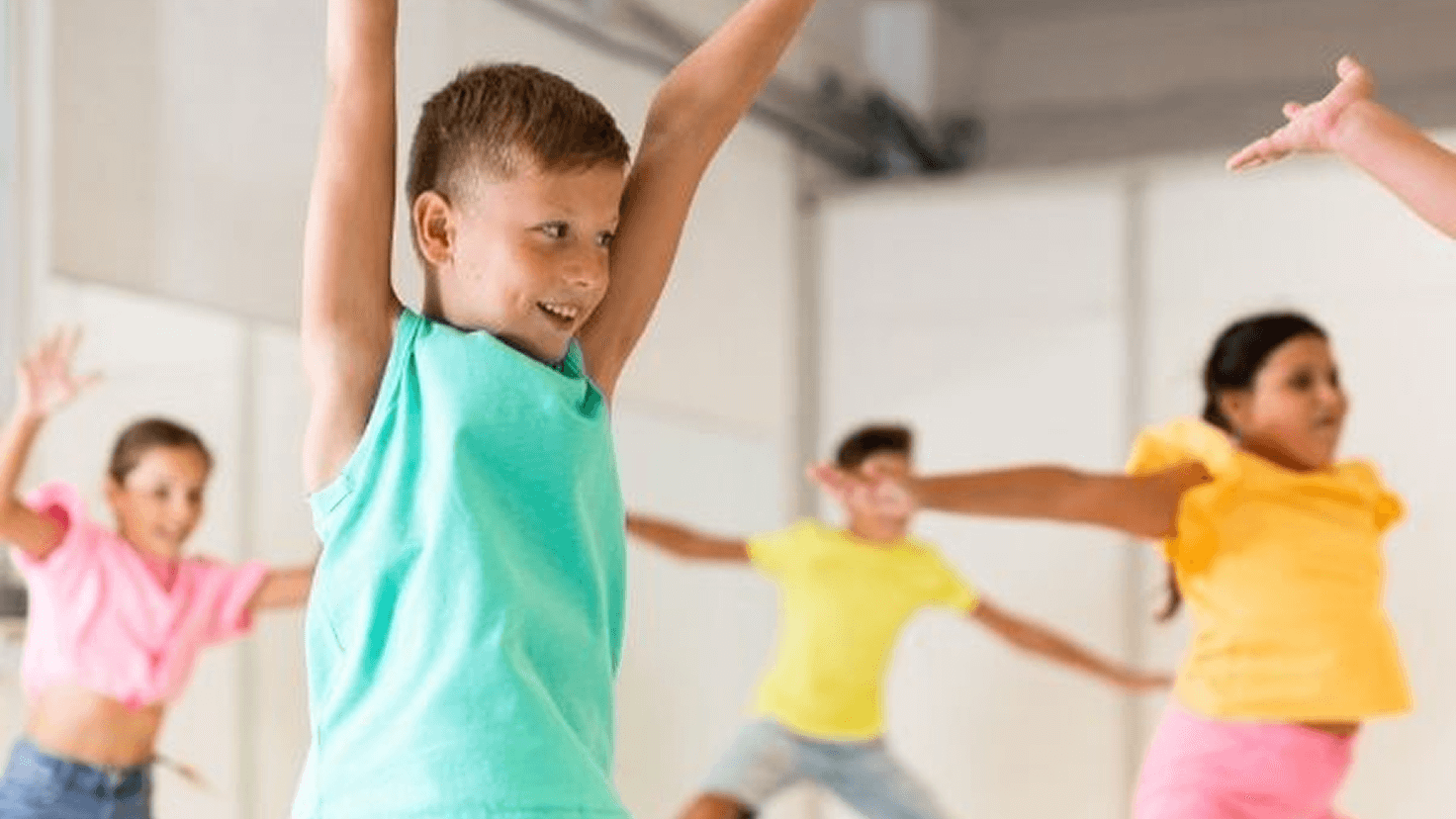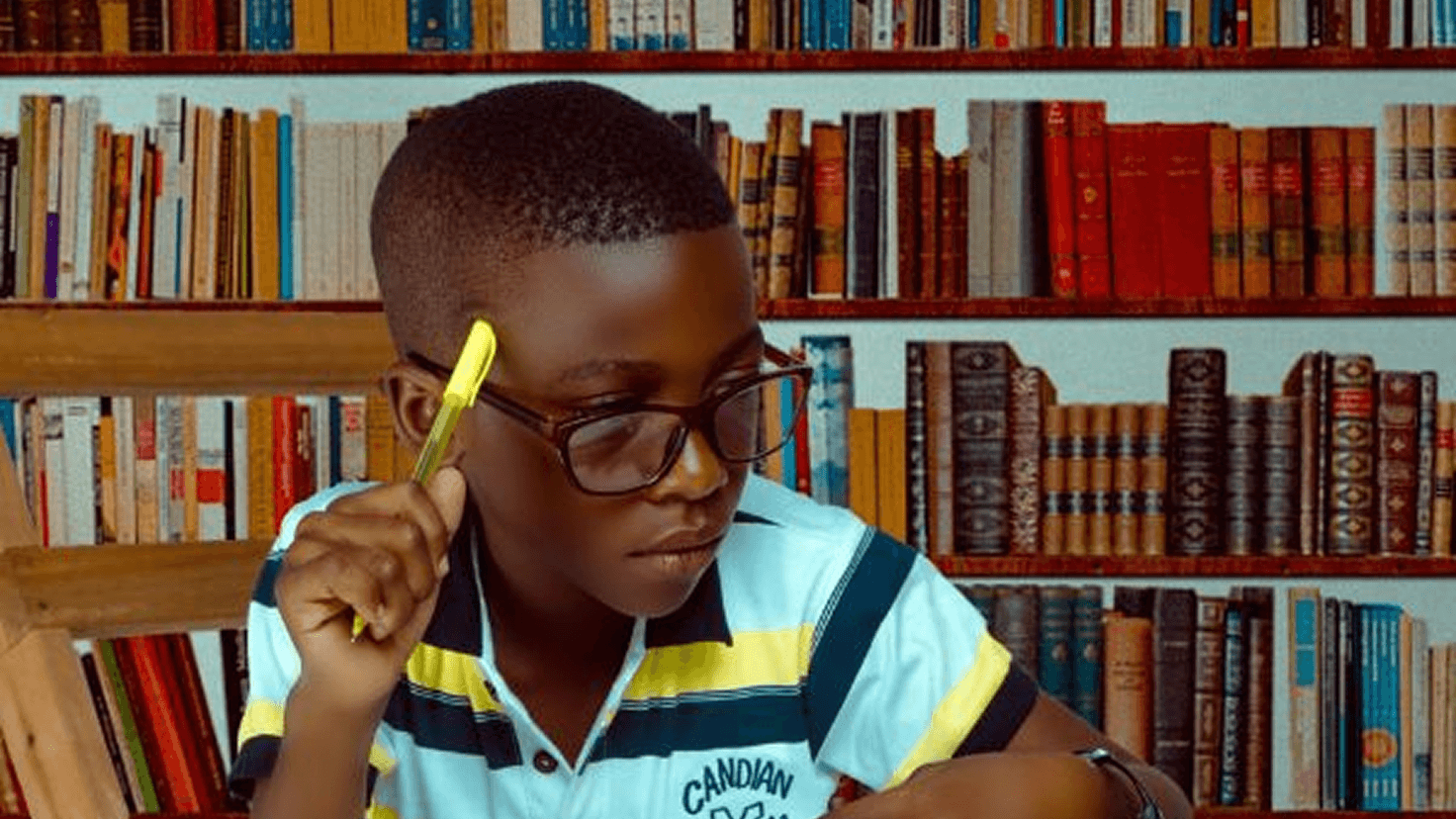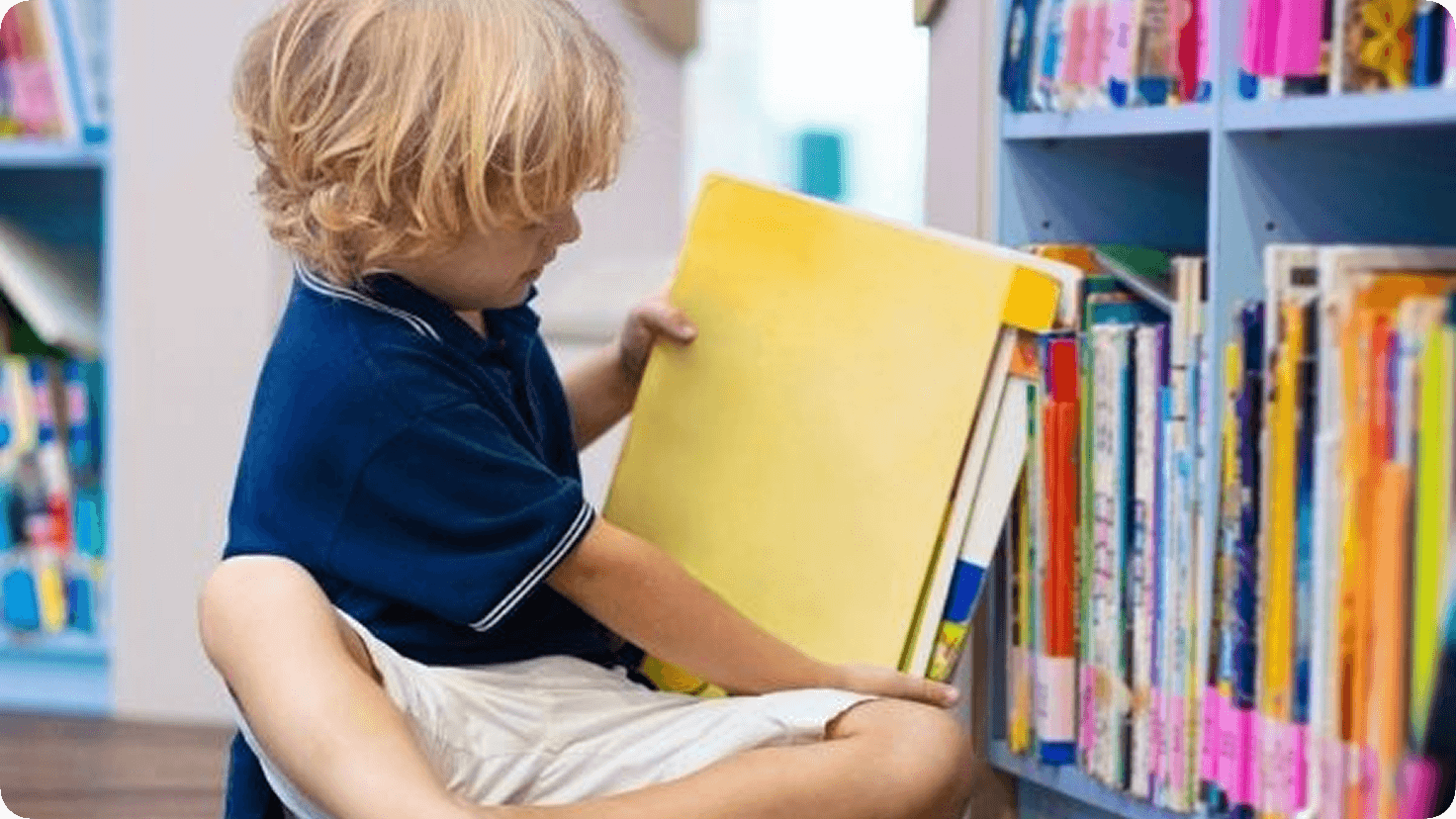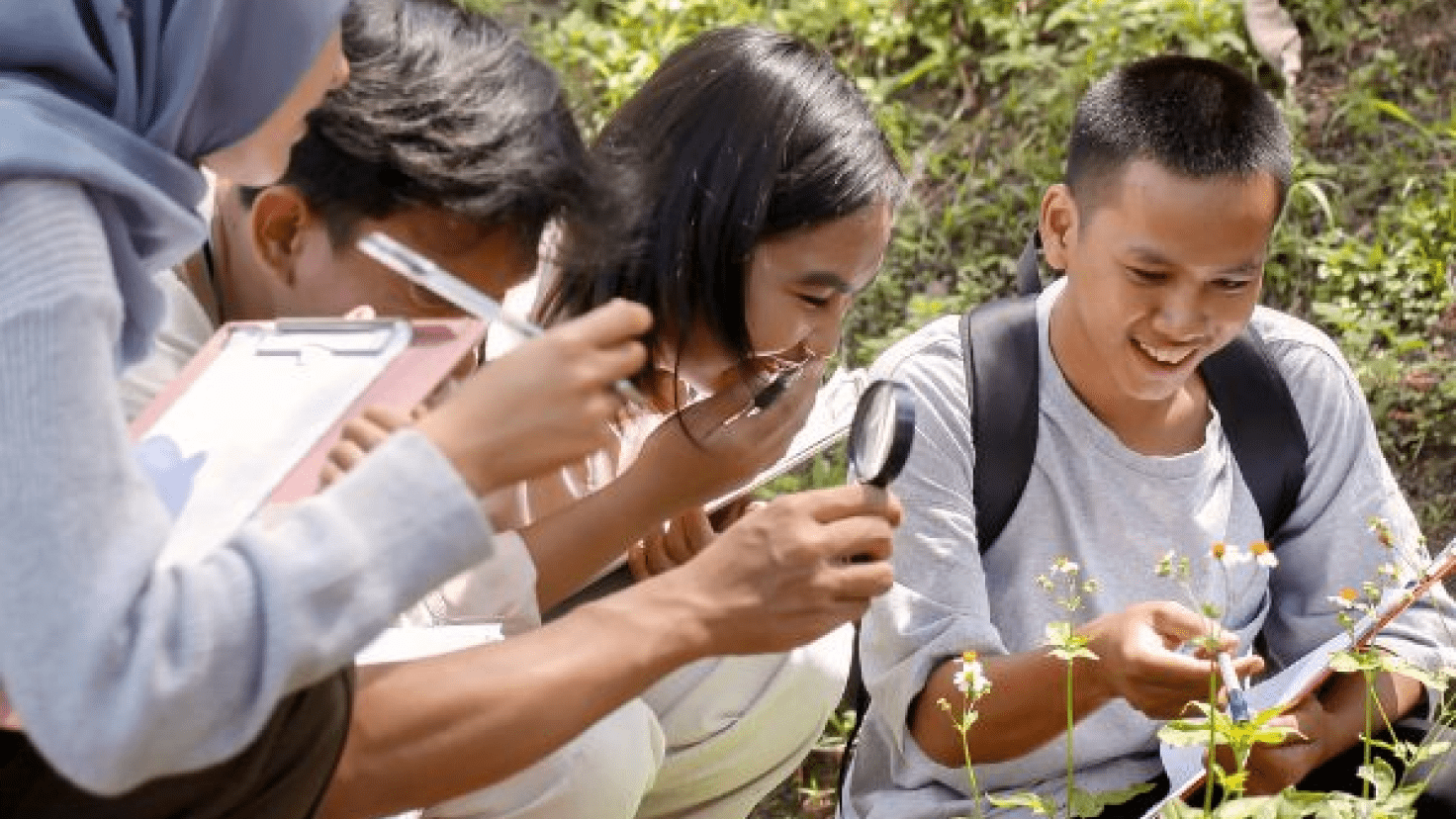Articles & Updates
17 March 2025
Where Faith Meets Environmental Stewardship
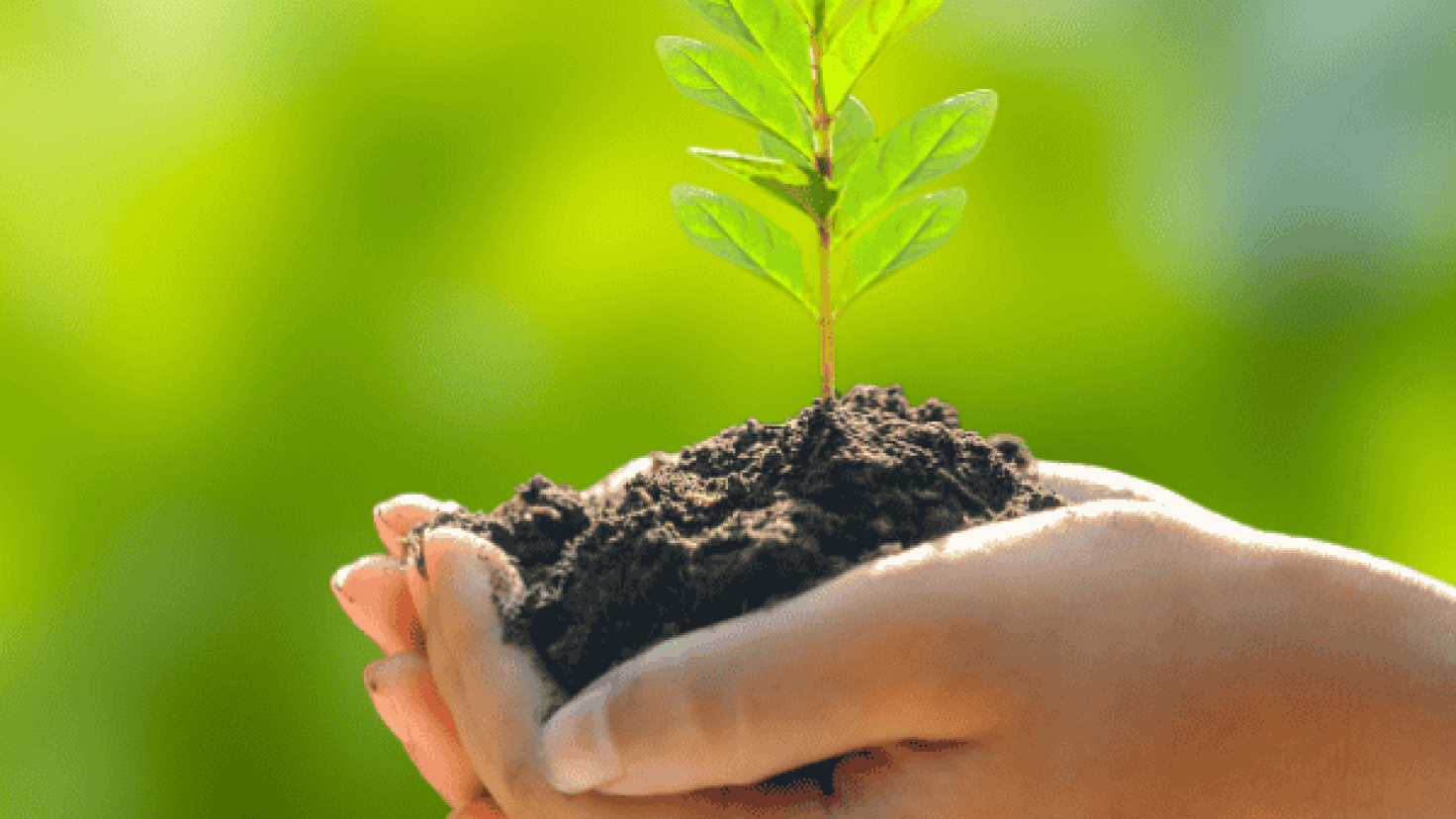
As Earth Day 2025 approaches with its powerful theme 'Our Power, Our Planet', the focus on renewable energy and sustainable practices has never been more relevant. This year's theme reminds us that we have both the power and responsibility to create positive environmental change. Religious education is a genuine platform for teaching these vital concepts, where ancient wisdom meets modern environmental challenges.
The intersection of faith and environmental stewardship offers powerful opportunities to engage students in meaningful discussions about renewable energy, sustainability, and our collective responsibility to the planet. Just as renewable energy harnesses the natural power of sun, wind, and water, religious and philosophical traditions have long drawn upon their own sources of spiritual power to guide humanity’s relationship with nature.
Understanding Sustainability in Education
At its core, sustainability means maintaining an ecological balance by avoiding the depletion of natural resources. In educational contexts, particularly in primary schools, it encompasses teaching children about the delicate balance between environmental protection, social responsibility, and economic development. The UK’s Department for Education has recognised this importance through its Sustainability and Climate Change Strategy (2022), highlighting the need for children to understand human impacts on our planet.
Why Religious Education is the Perfect Vehicle for Sustainability Teaching
The recent First Faith Pavilion at COP28 (2023) demonstrated something remarkable: nine major faiths and worldviews coming together in unified commitment to climate action. This historic gathering shows how sustainability is not just appropriate in religious education – it is essential. Here’s why
- It demonstrates sustainability as a shared moral concern across faiths.
- It shows the real-world relevance of religious values.
- It connects ancient teachings with contemporary challenges.
- It presents environmental care as both a scientific and spiritual imperative.
Diverse Faith Perspectives on Environmental Stewardship
Different faiths offer unique and complementary perspectives on environmental care:
Buddhism
Buddhists approach environmental care through the concept of interconnectedness and ‘metta’ (loving-kindness). The First Precept of ‘ahimsa’ (non-harm) extends beyond humans to all living beings and their habitats.
Christianity
Modern Christian thinking emphasises both stewardship and responsibility. Pope Francis’s ‘Laudato Si’ stresses that all creation is connected and humans must protect, not exploit nature. Christian organisations actively work to combat climate change through practical initiatives.
Islam
Islamic environmental ethics centre on two key concepts: ‘Khalifa’ (stewardship) and ‘Mizan’ (balance). Muslims believe Allah created everything in perfect equilibrium, making environmental protection a religious duty.
Judaism
Through ‘Tikkun olam’ (repairing the world), Jewish tradition points out environmental responsibility. The celebration of Tu B’Shevat (New Year for Trees) demonstrates practical environmental commitment through tree planting and conservation efforts.
Sikhi
Sikhs are called to be “Khalsa” – guardians of both faith and creation. This manifests in practical ways through community initiatives like minimal-waste practices in Gurdwaras and vegetarian/vegan community kitchens (Langar).
Modern Worldviews and Environmental Ethics
It is not just traditional religions that offer perspectives on sustainability:
Humanism
Humanists take an evidence-based approach to environmental responsibility, emphasising rational inquiry while maintaining a core commitment to kindness toward people, animals, and our planet.
Ethical Veganism
This worldview extends the Golden Rule to all living beings, considering animal welfare, environmental impact, and social justice as interconnected aspects of sustainable living.
Making It Work in the Classroom
For primary-aged children, the key is making these concepts tangible and relatable. Instead of overwhelming young learners with global challenges create activities which make sense to them in their world. Alongside this, it is important to promote ‘experiences’ rather than ‘written activities’. This supports the essence of sustainability because it does not create by-products such as printing worksheets. Here are some general ideas:
- School garden projects
- Recycling initiatives that teach resource conservation
- Water and energy monitoring activities that connect abstract concepts to daily actions
- Cross-cultural discussions that promote understanding of different perspectives
(See the document, Earth Day 2025: Practical Activities for Schools and Families for more ideas on how to celebrate Earth Day and incorporate sustainability into your school.)
Looking Forward
As we face increasing environmental challenges, the integration of sustainability education with religious and ethical teachings becomes ever more vital. By helping young people understand how different faiths and worldviews approach environmental stewardship, we can foster both spiritual awareness and ecological responsibility.
The beauty of teaching sustainability through religious education lies in its ability to show children that caring for our planet isn’t just a modern concern – it’s deeply rooted in human wisdom traditions across cultures and times. Through this lens, environmental stewardship becomes not just a duty, but a shared expression of our highest values.

